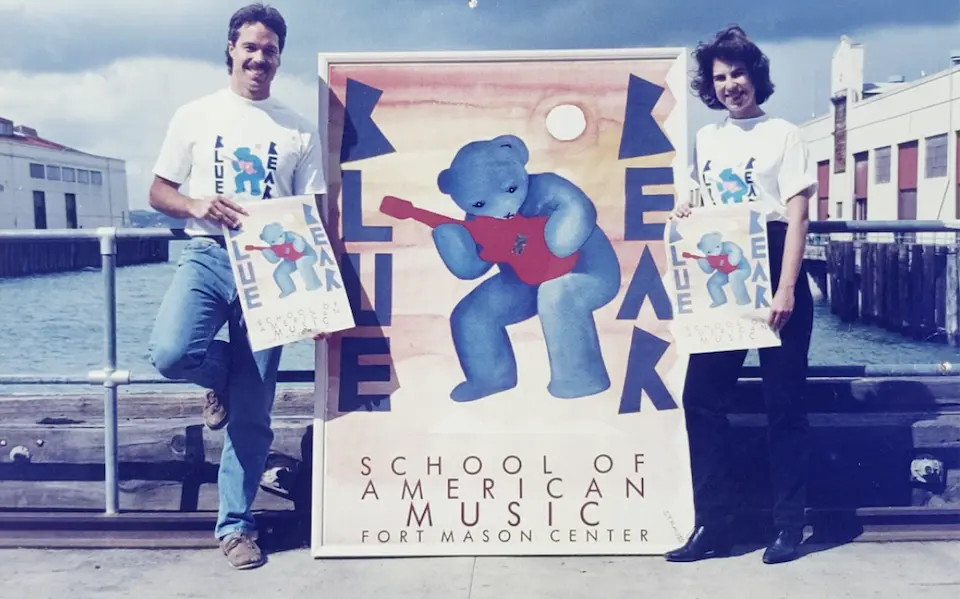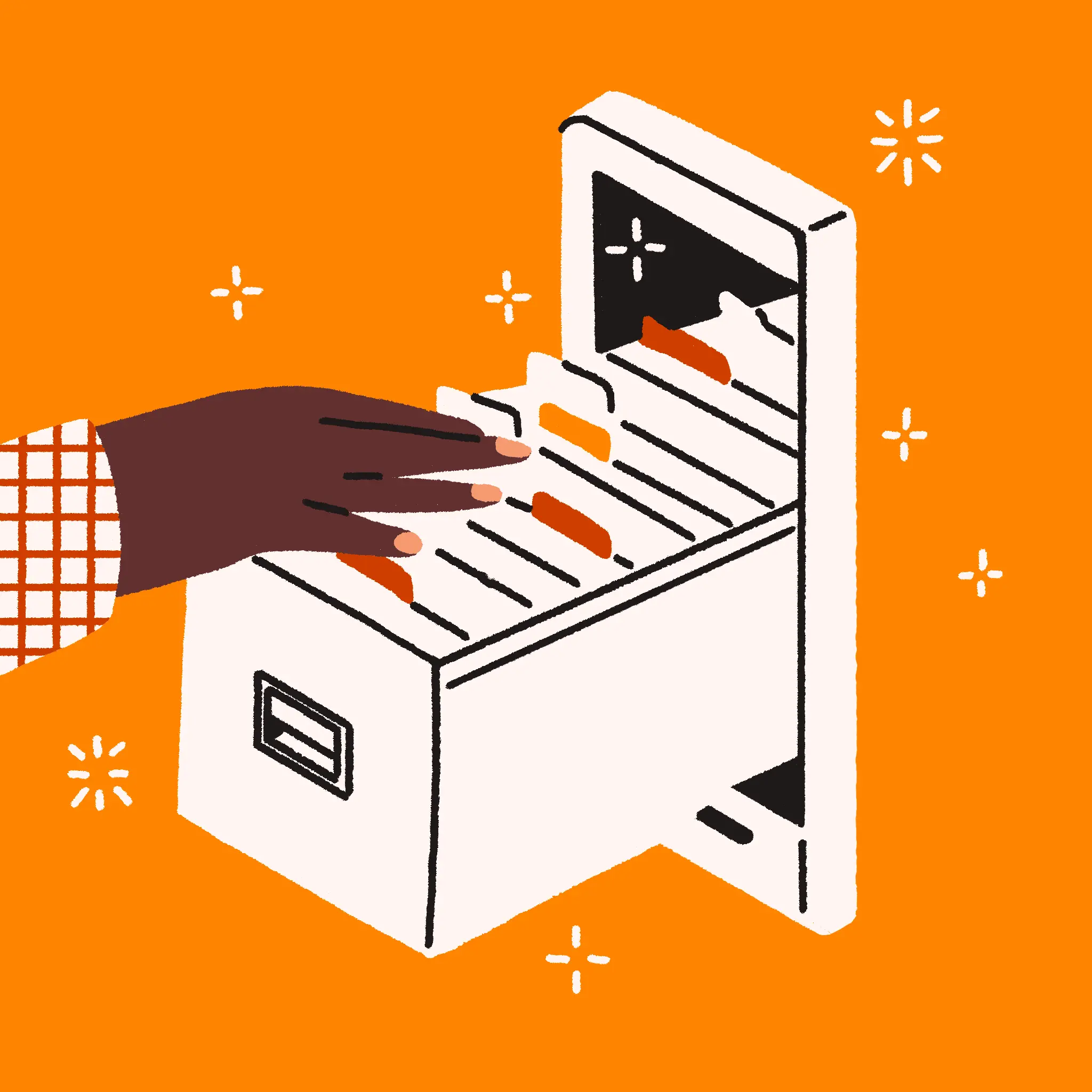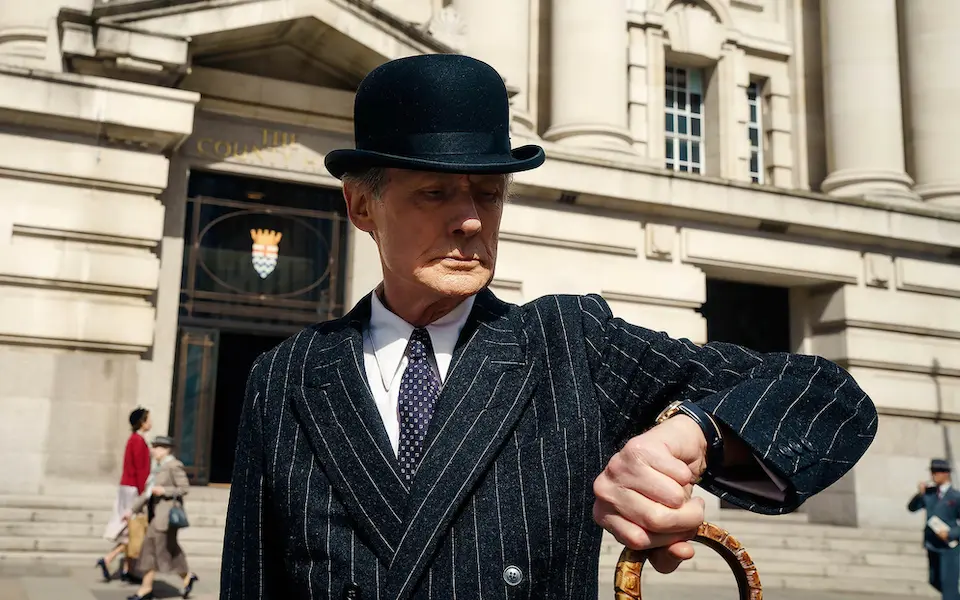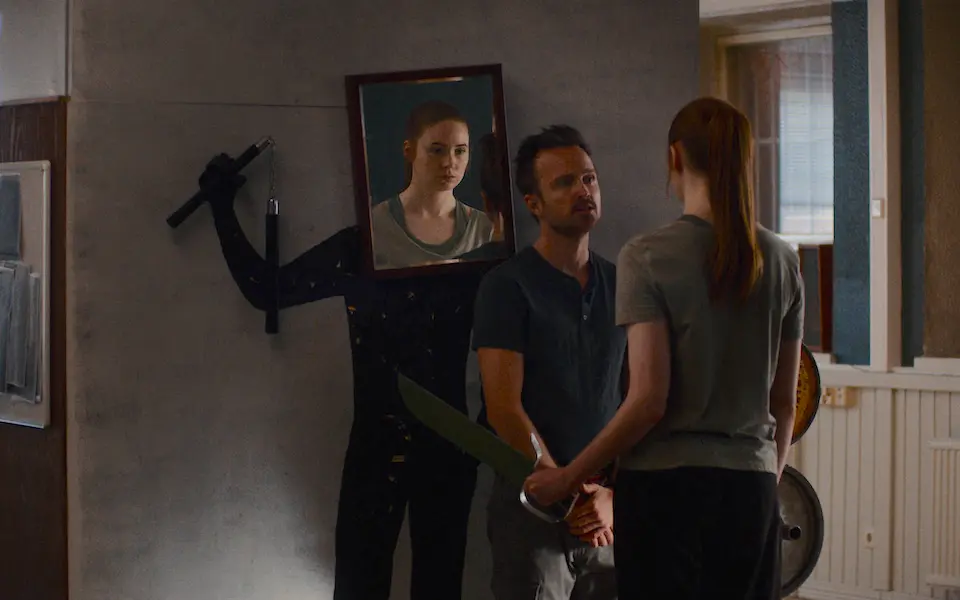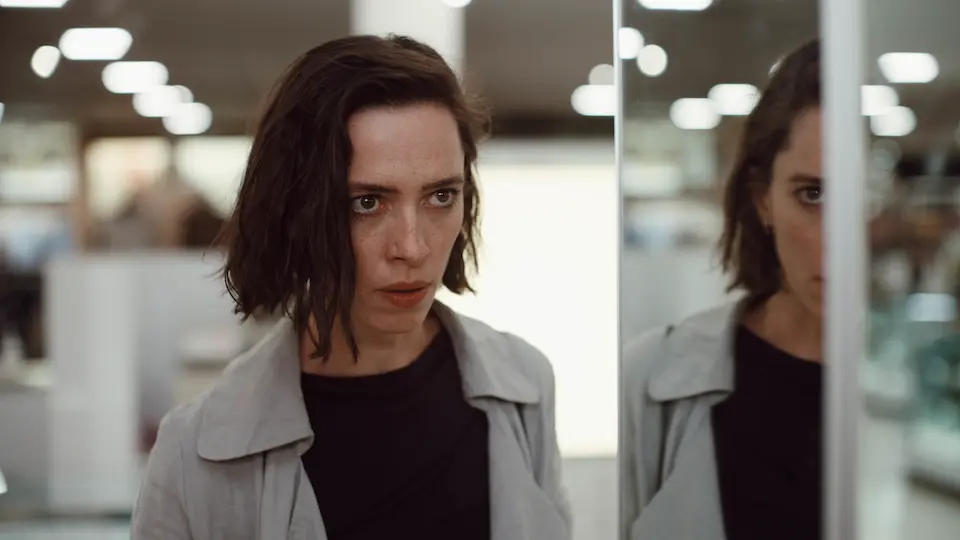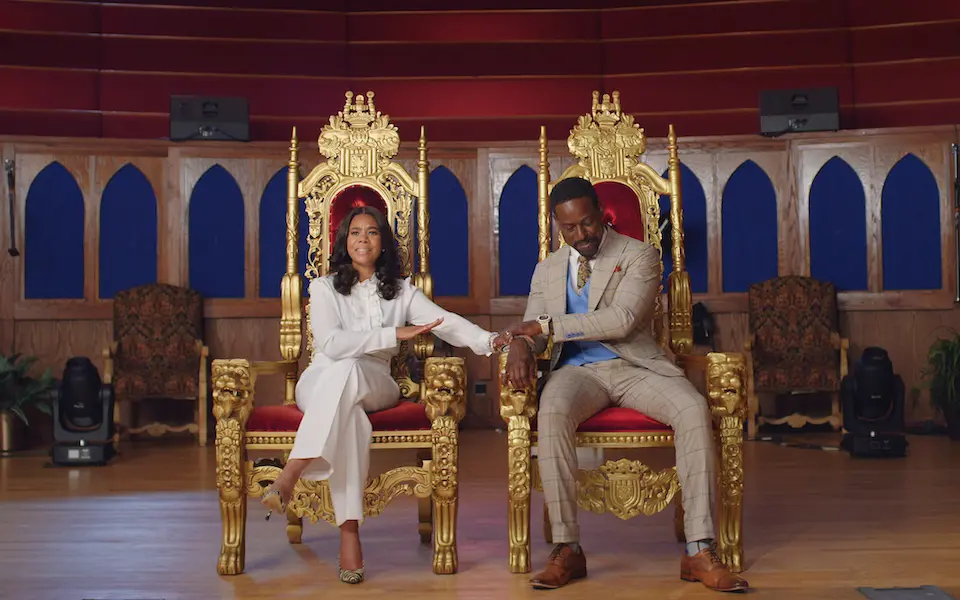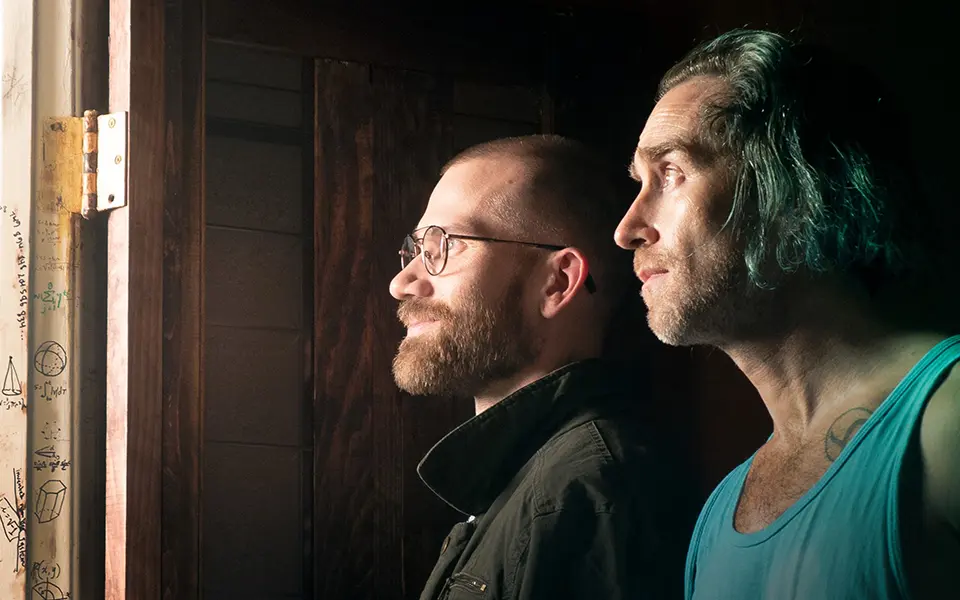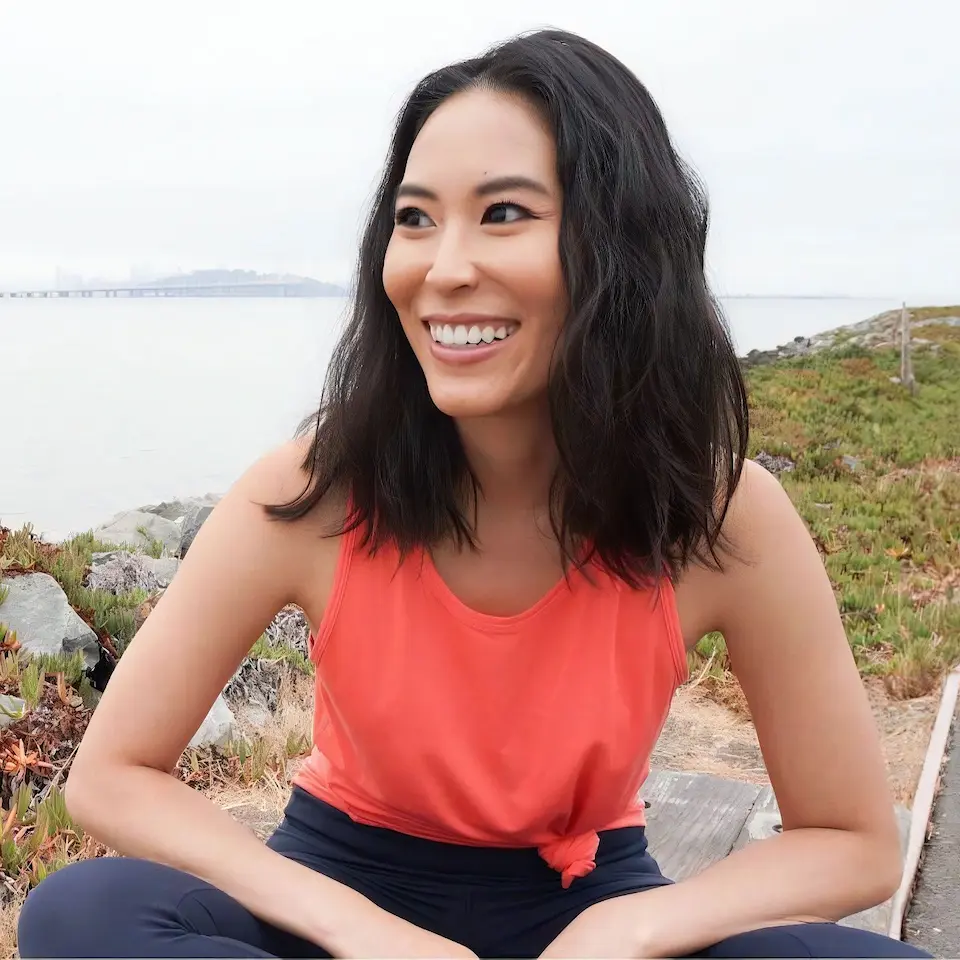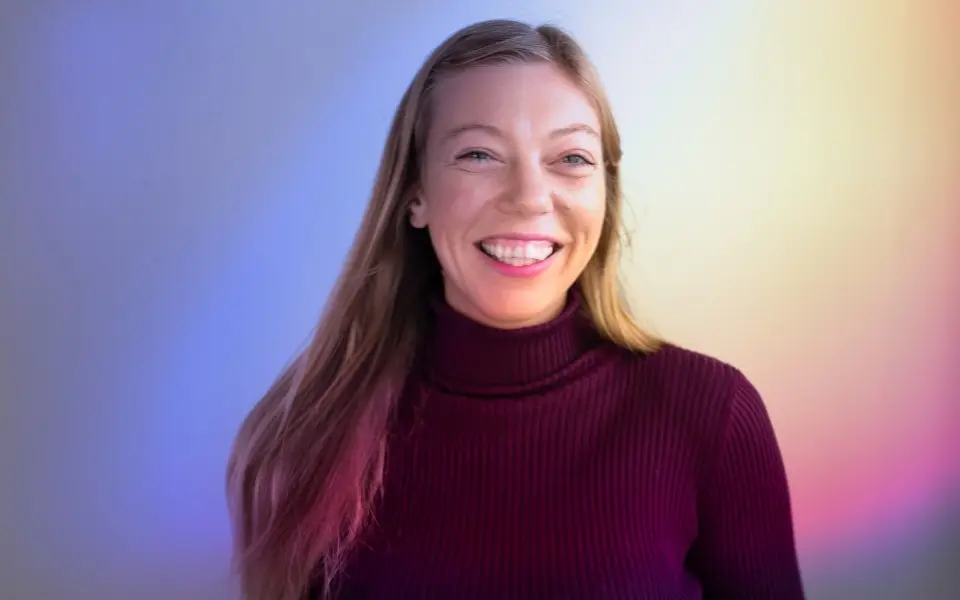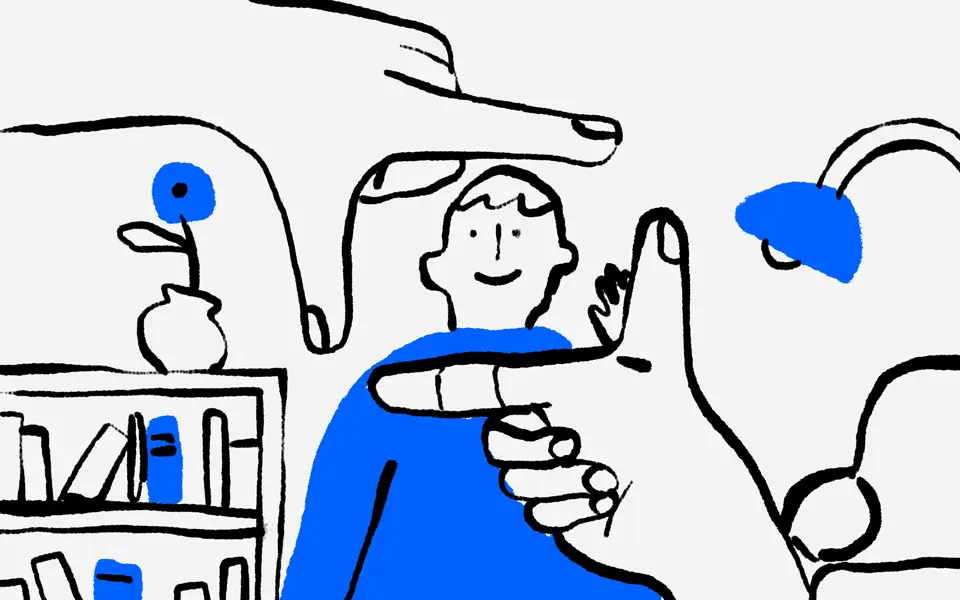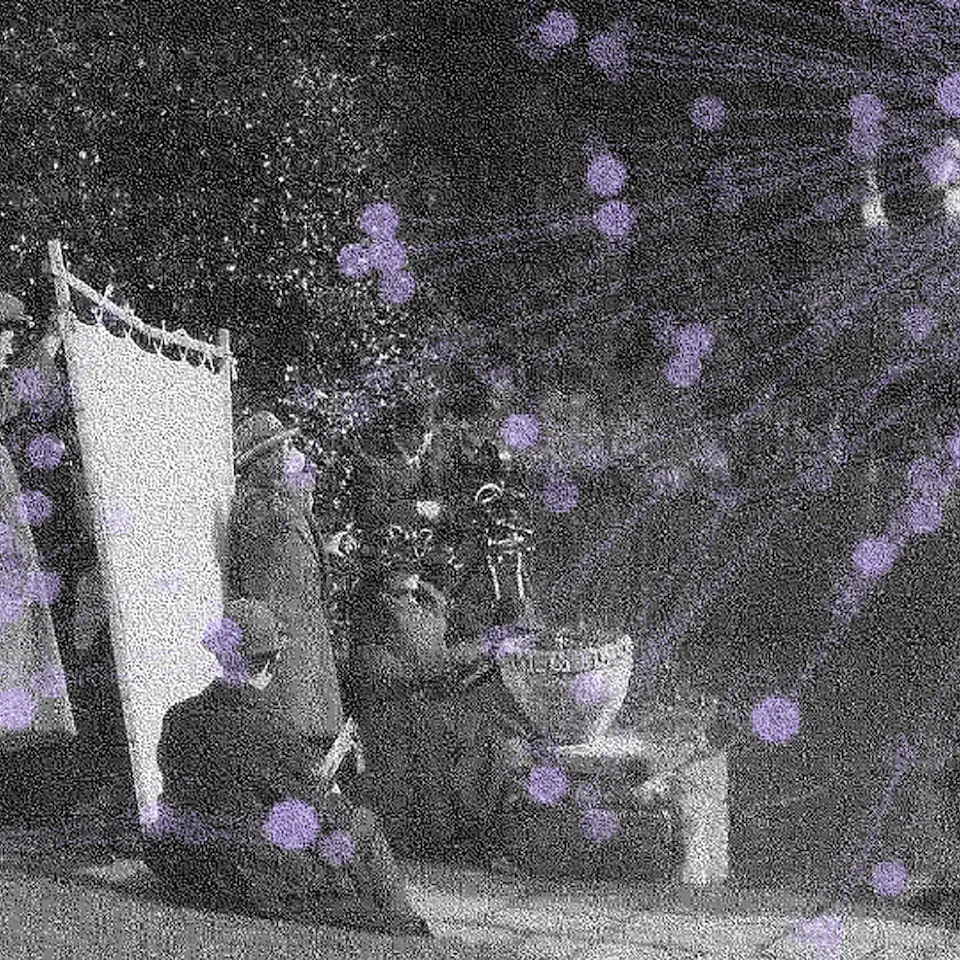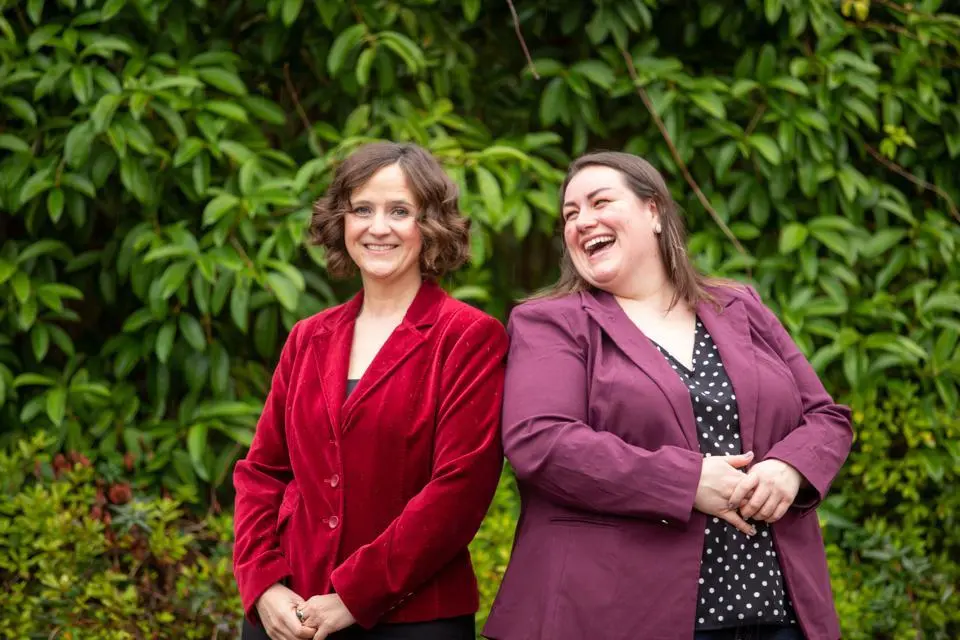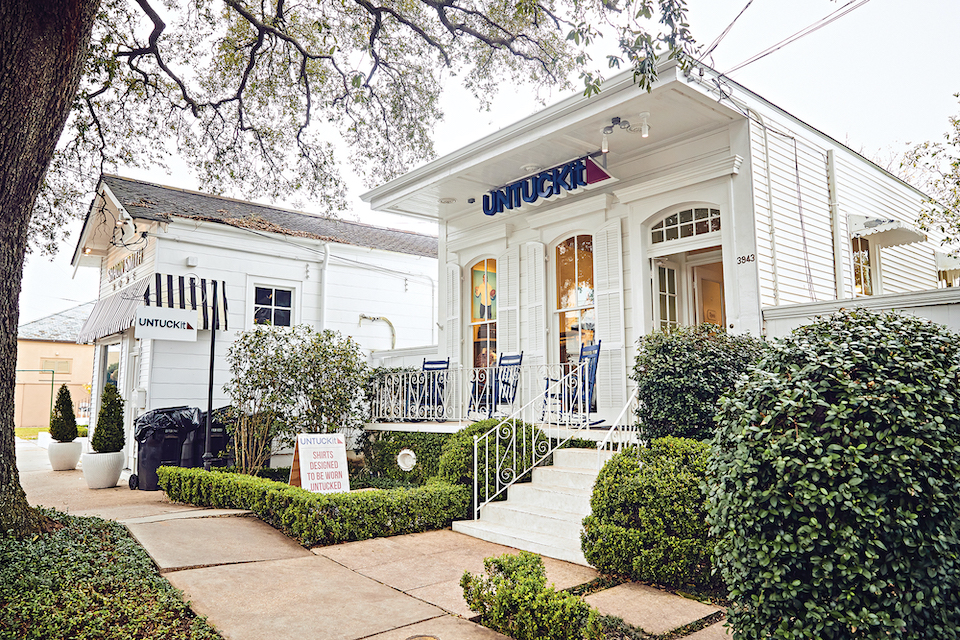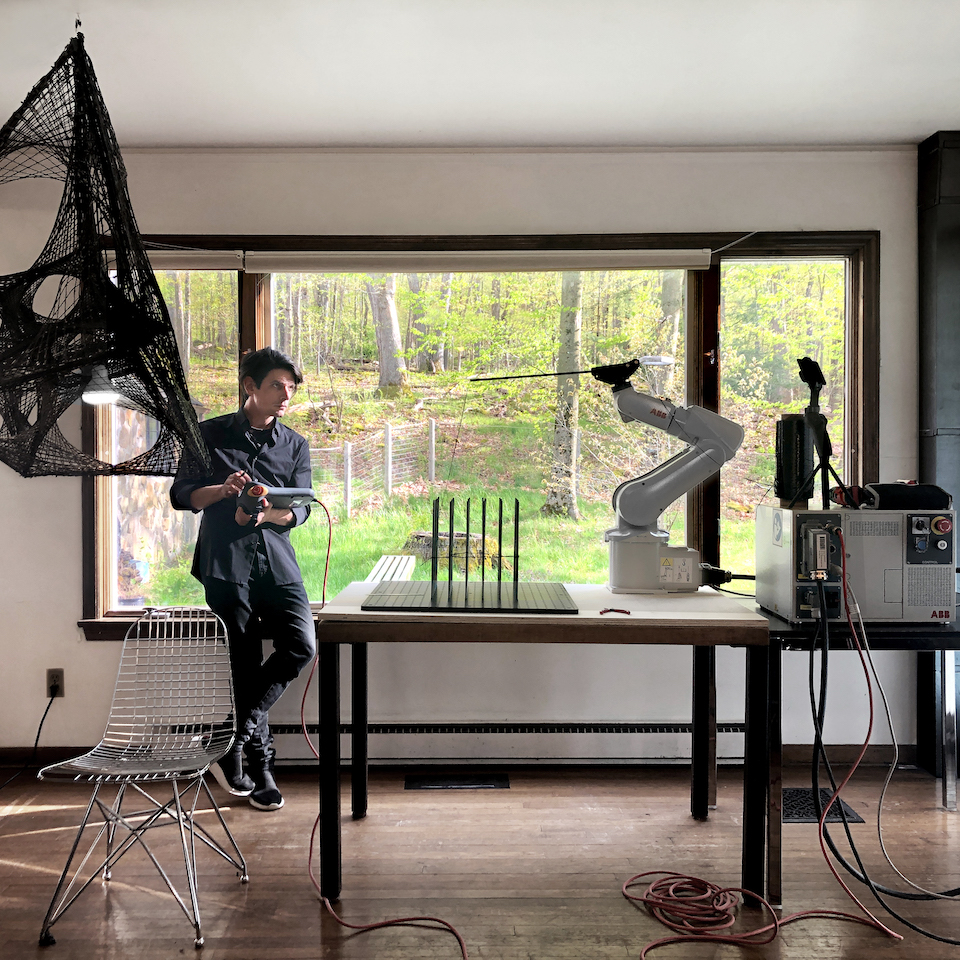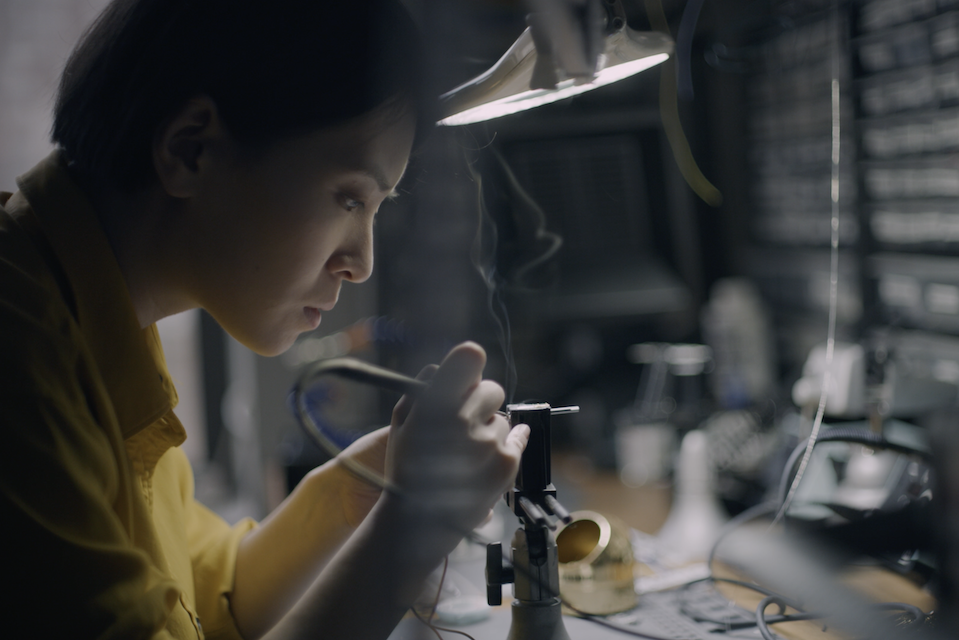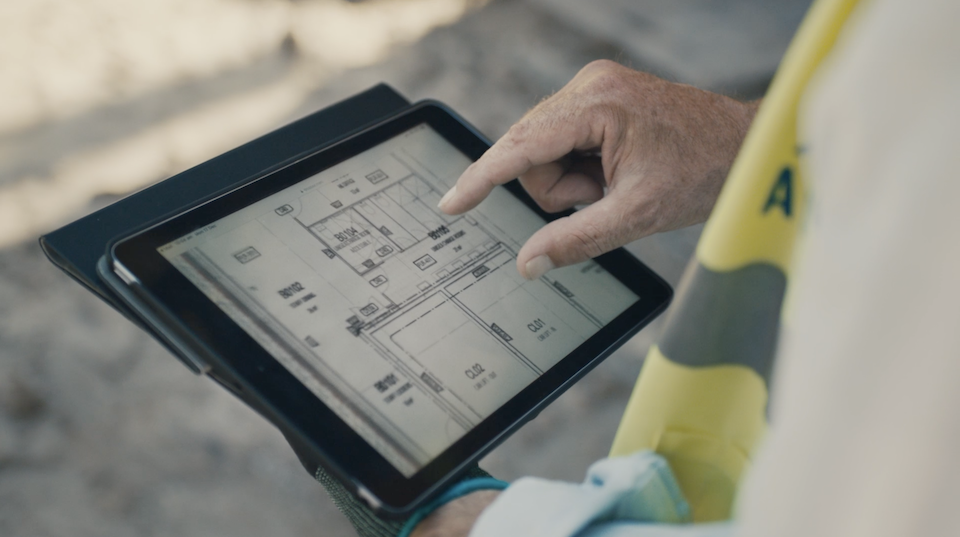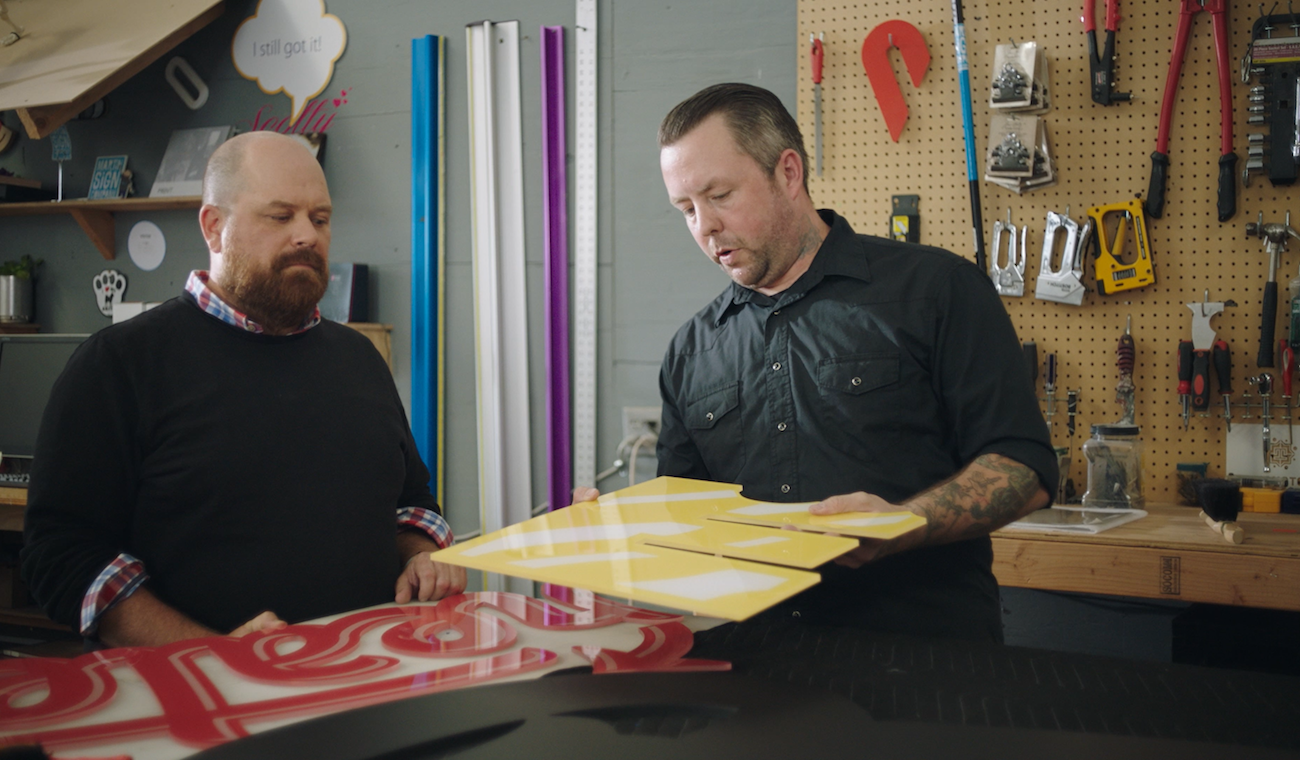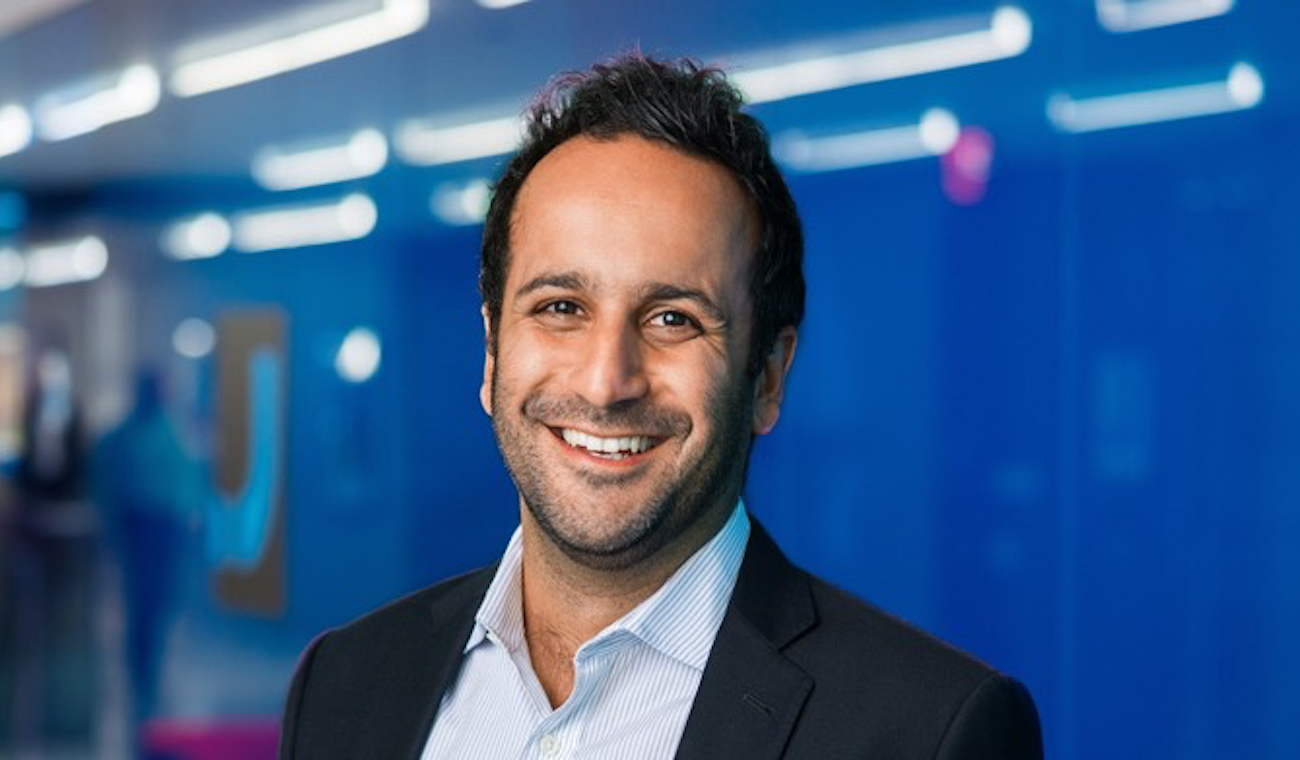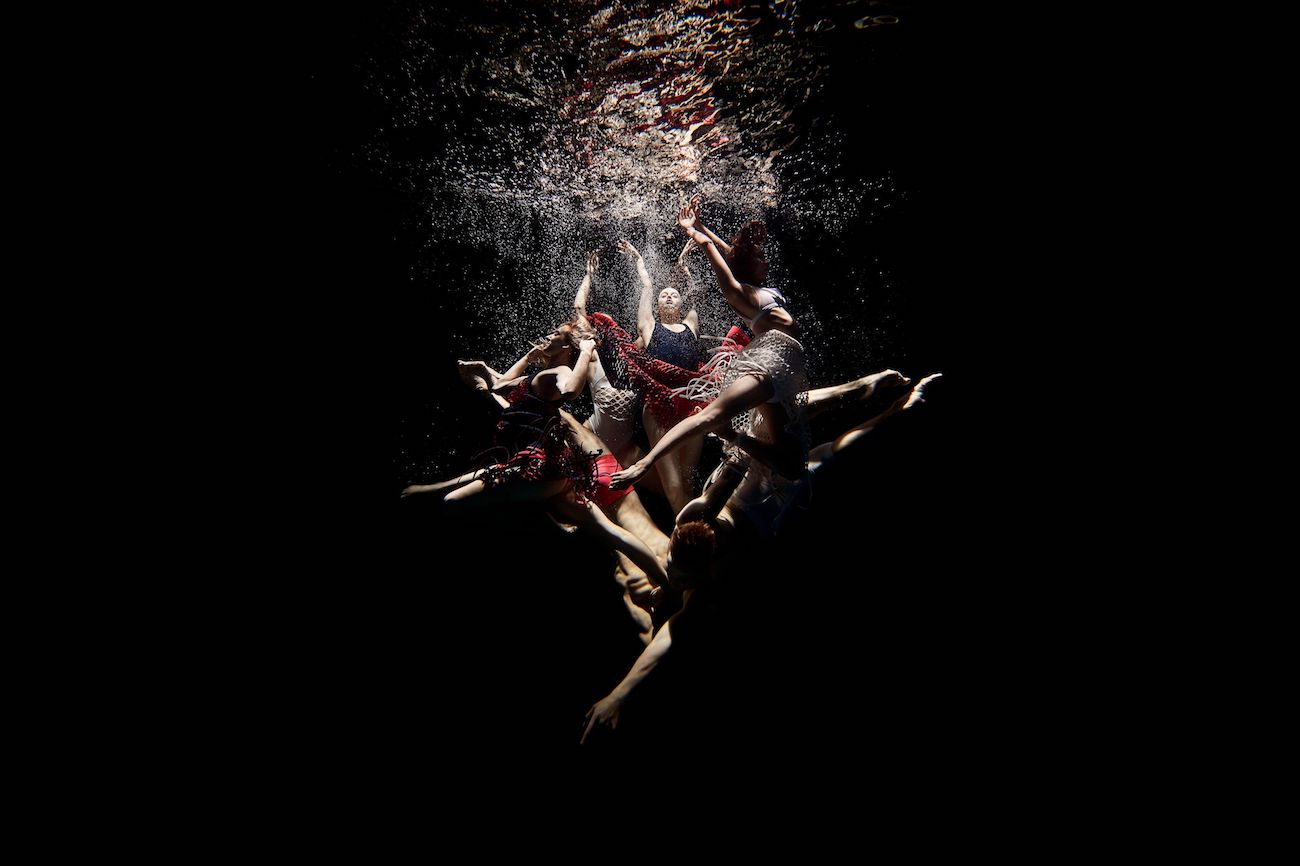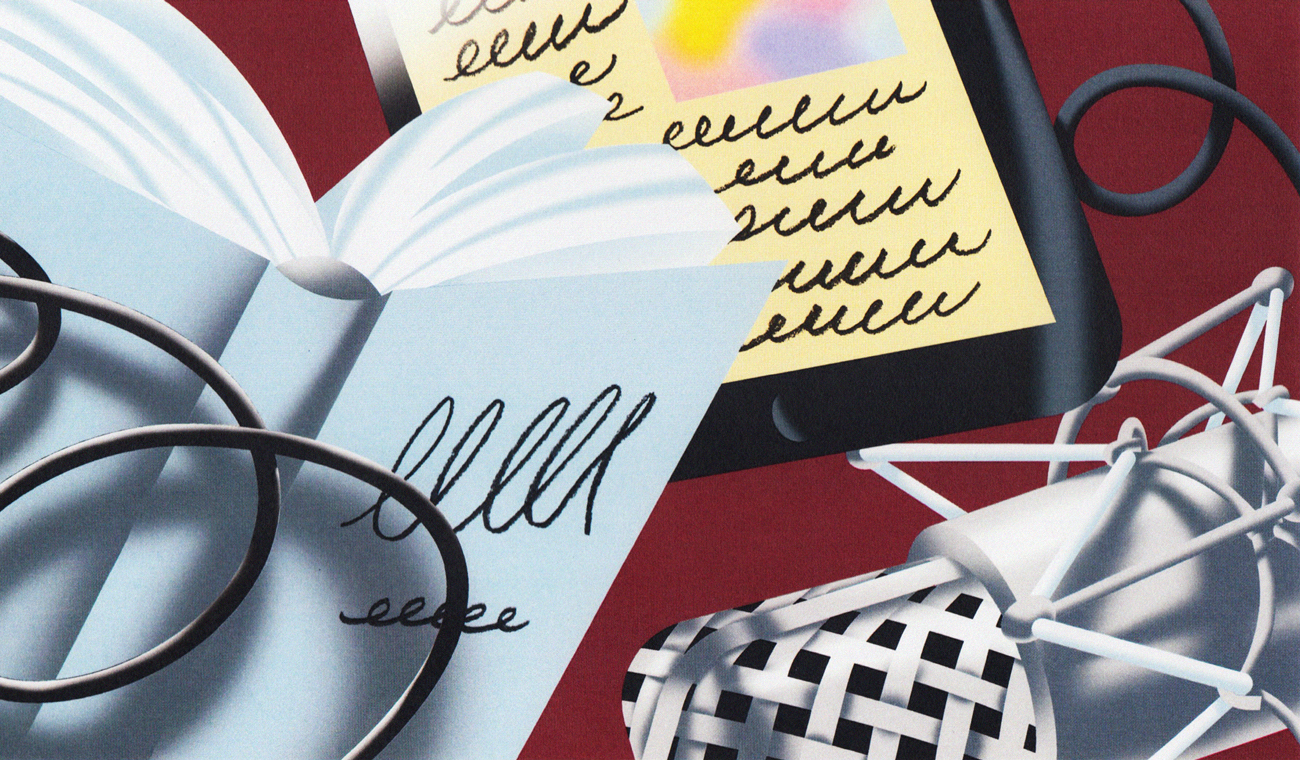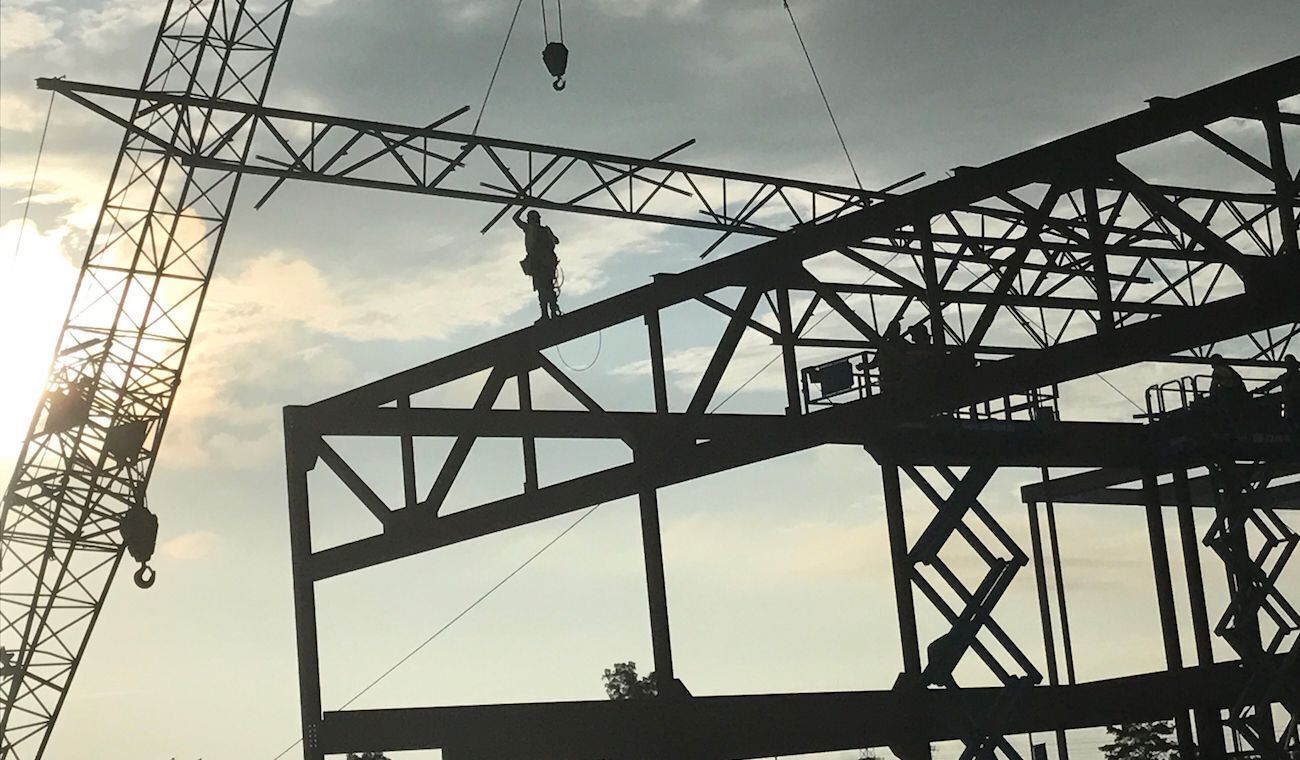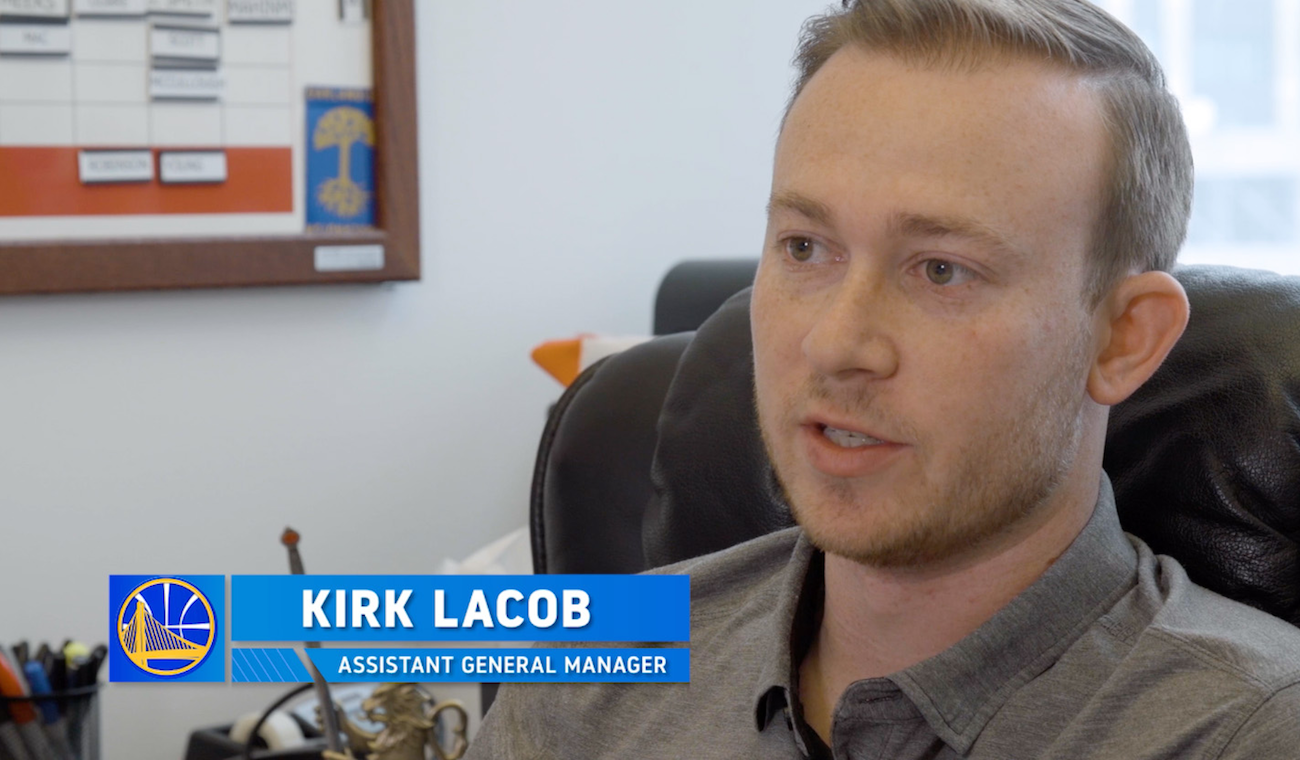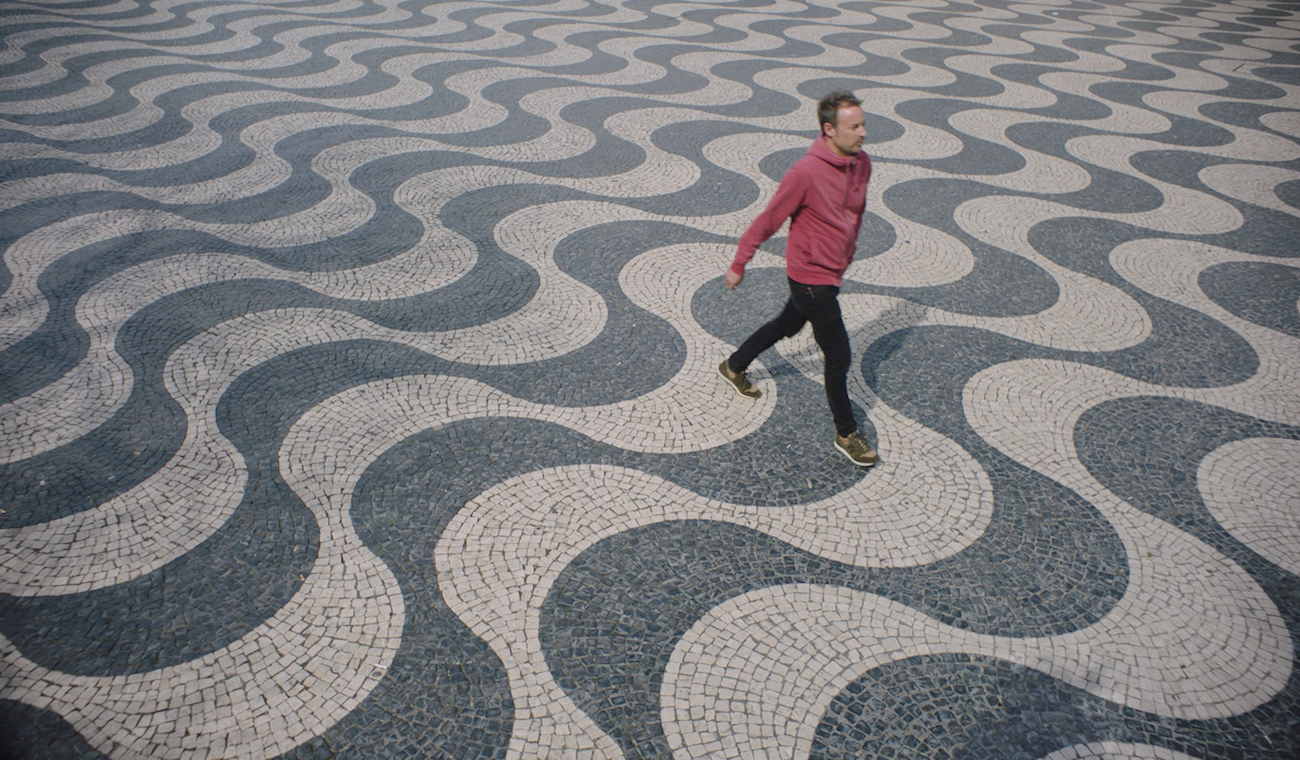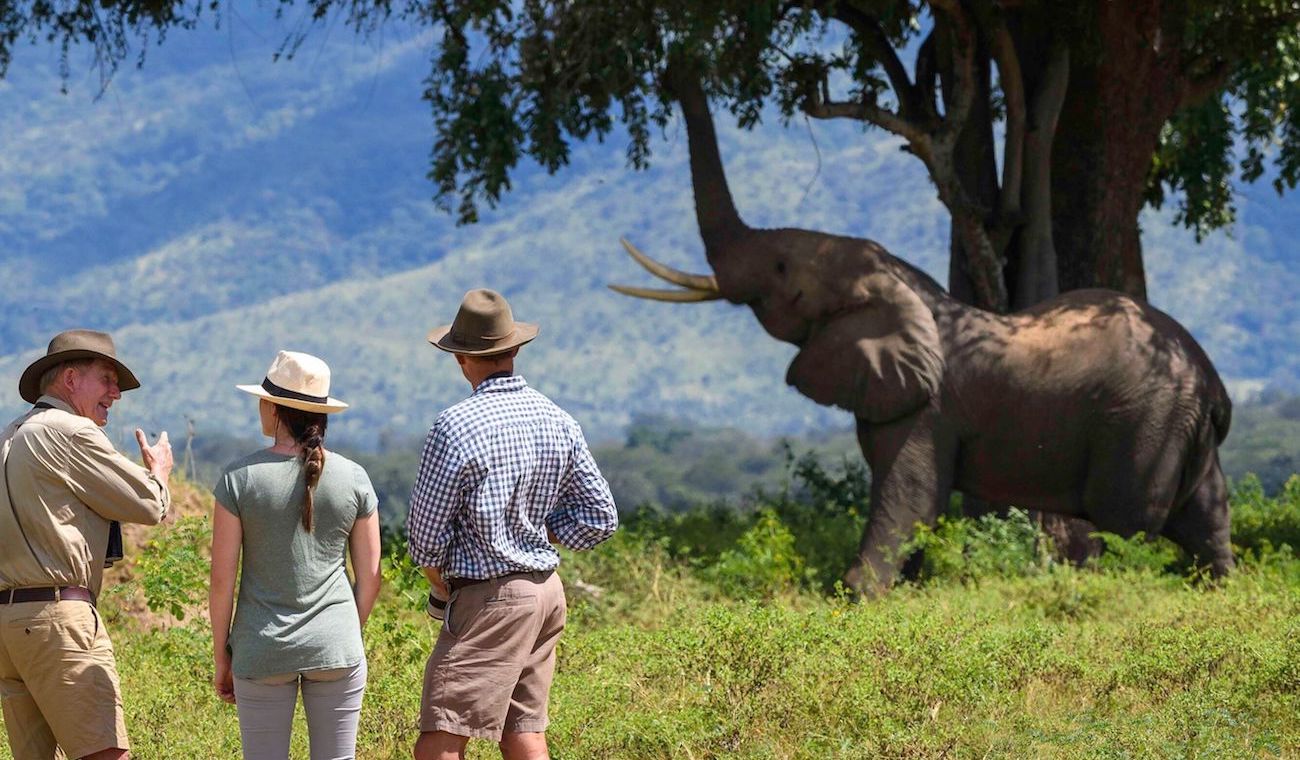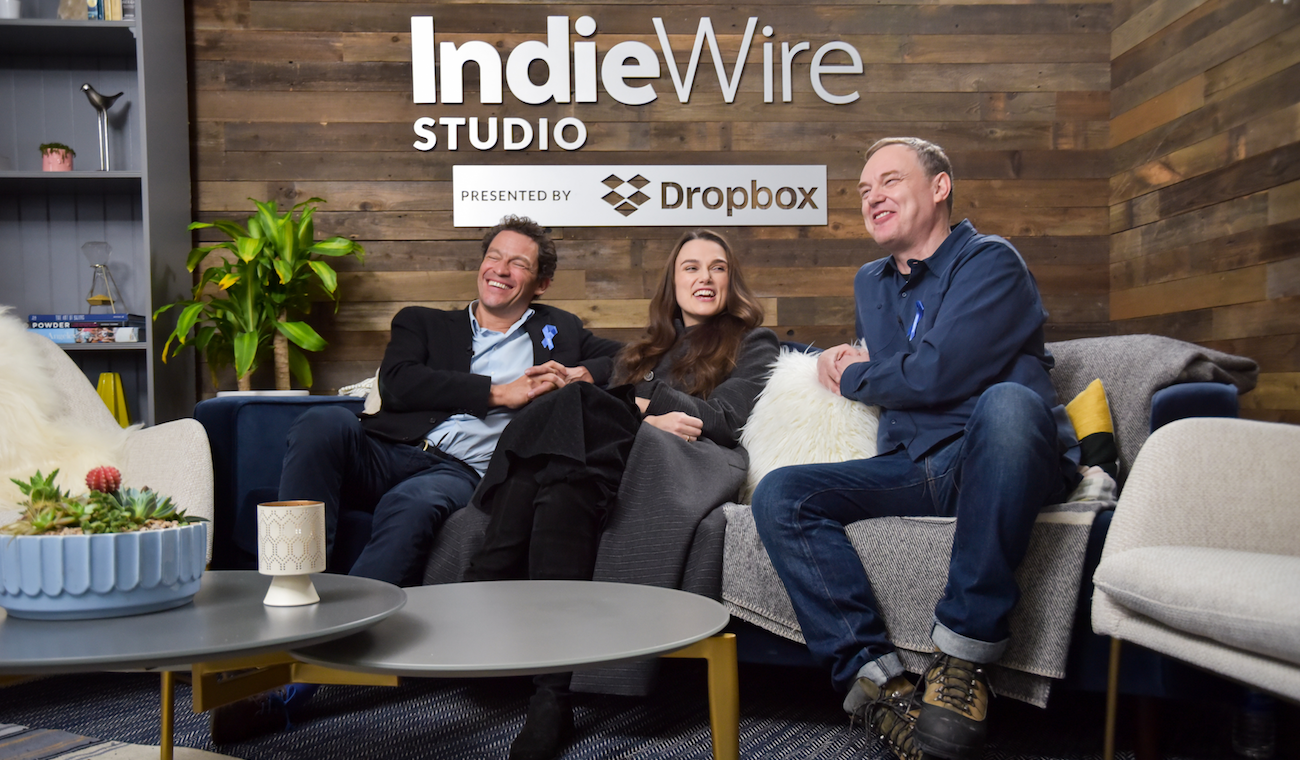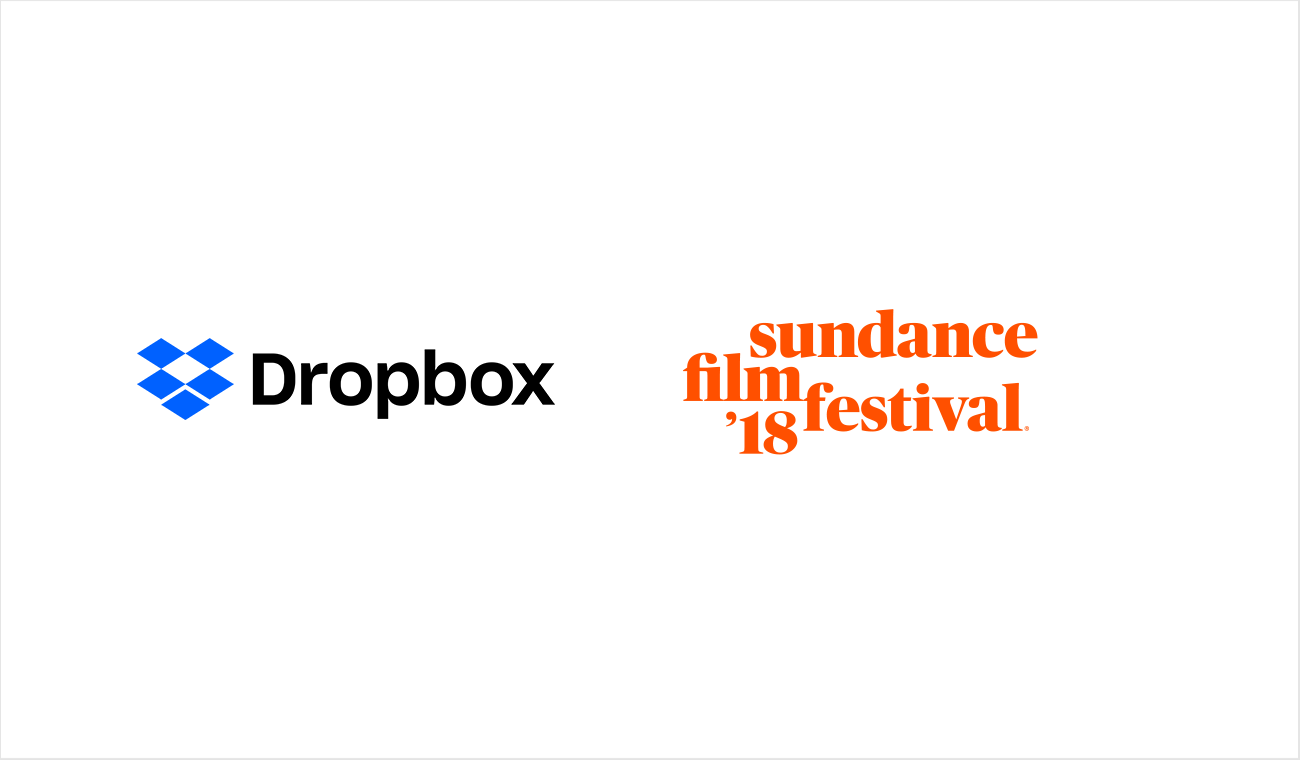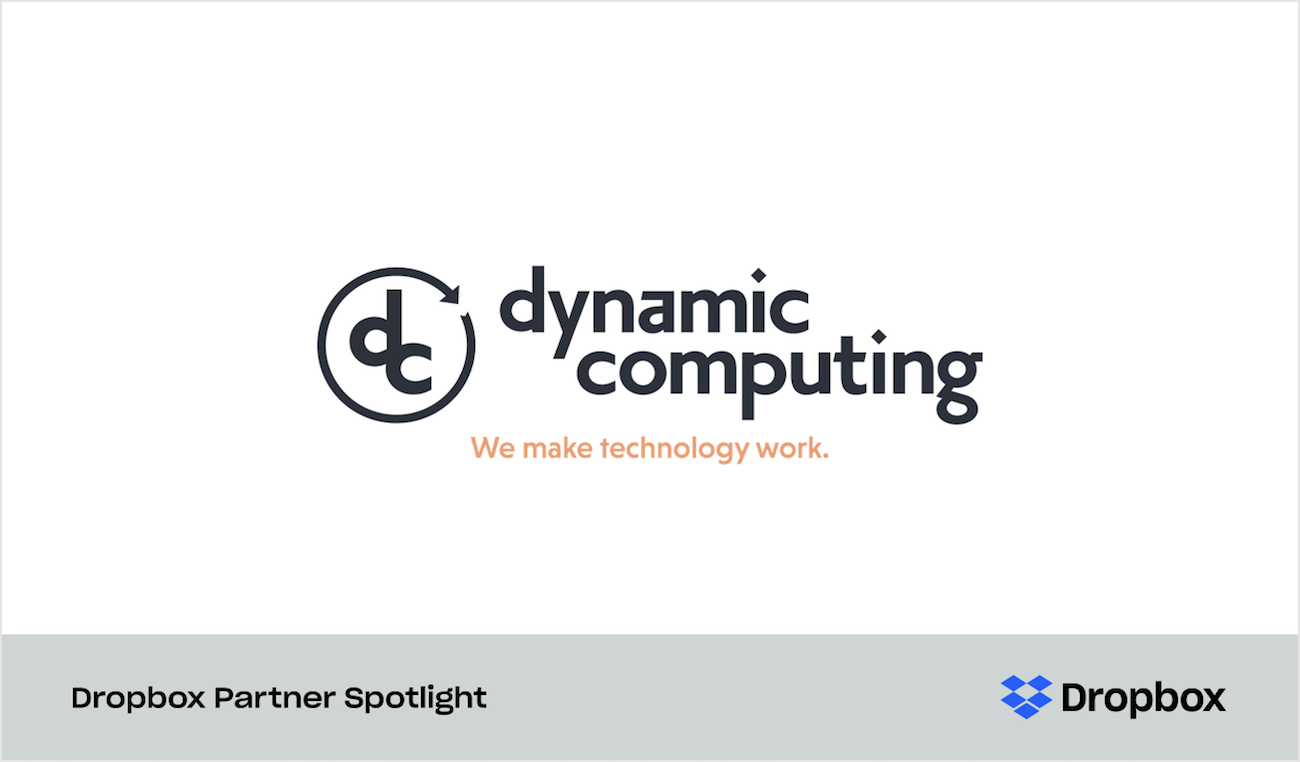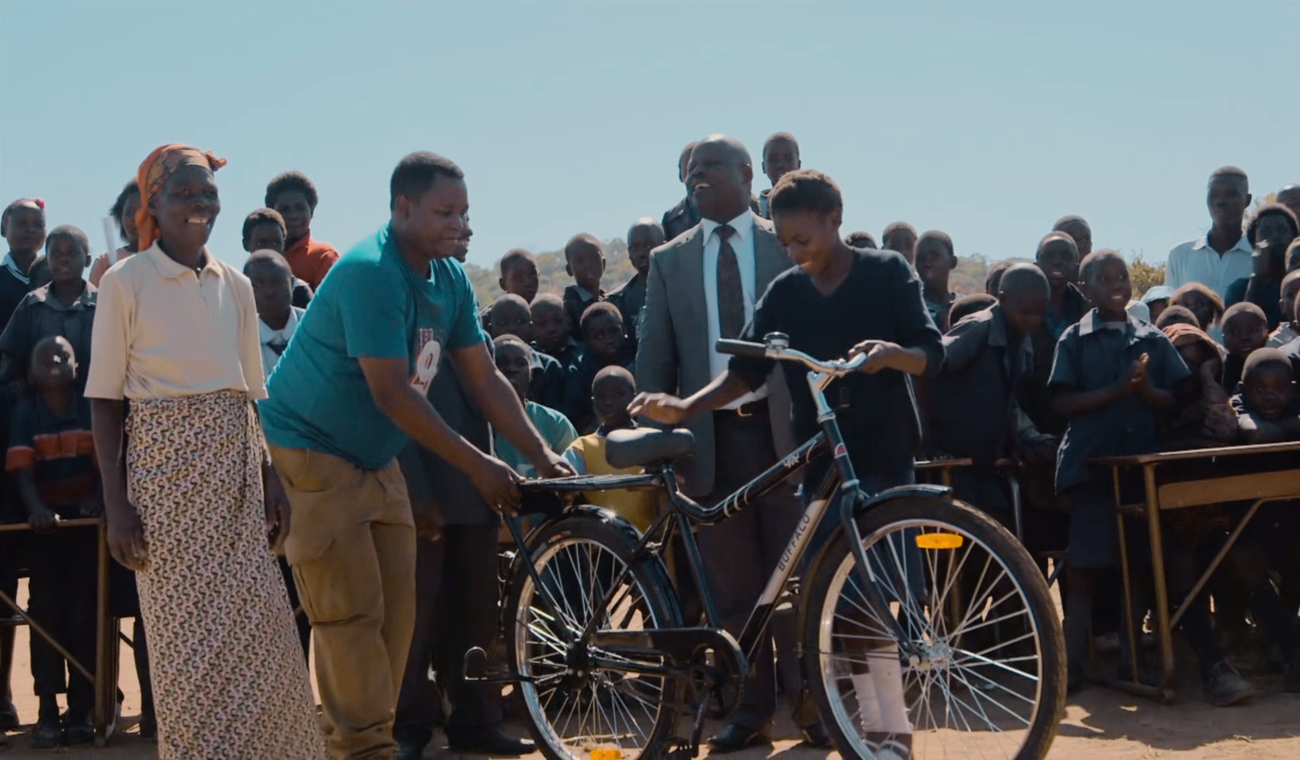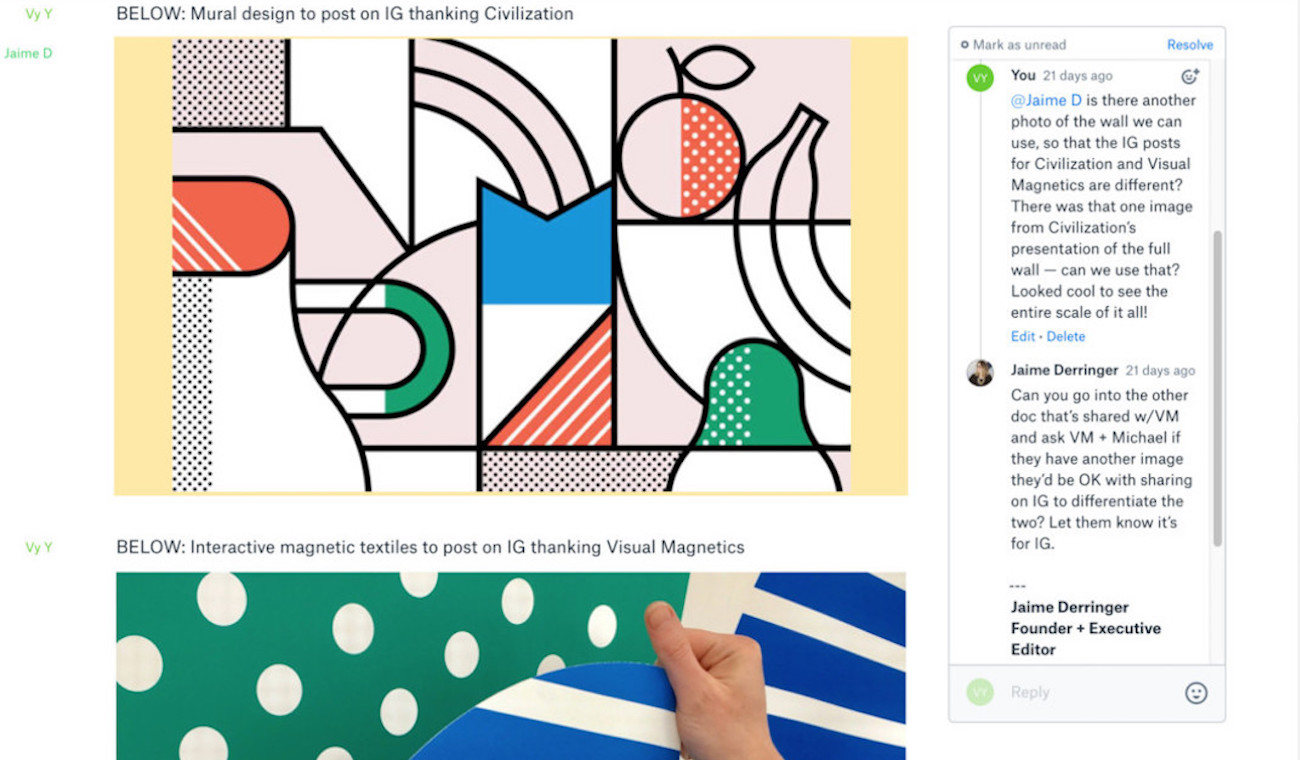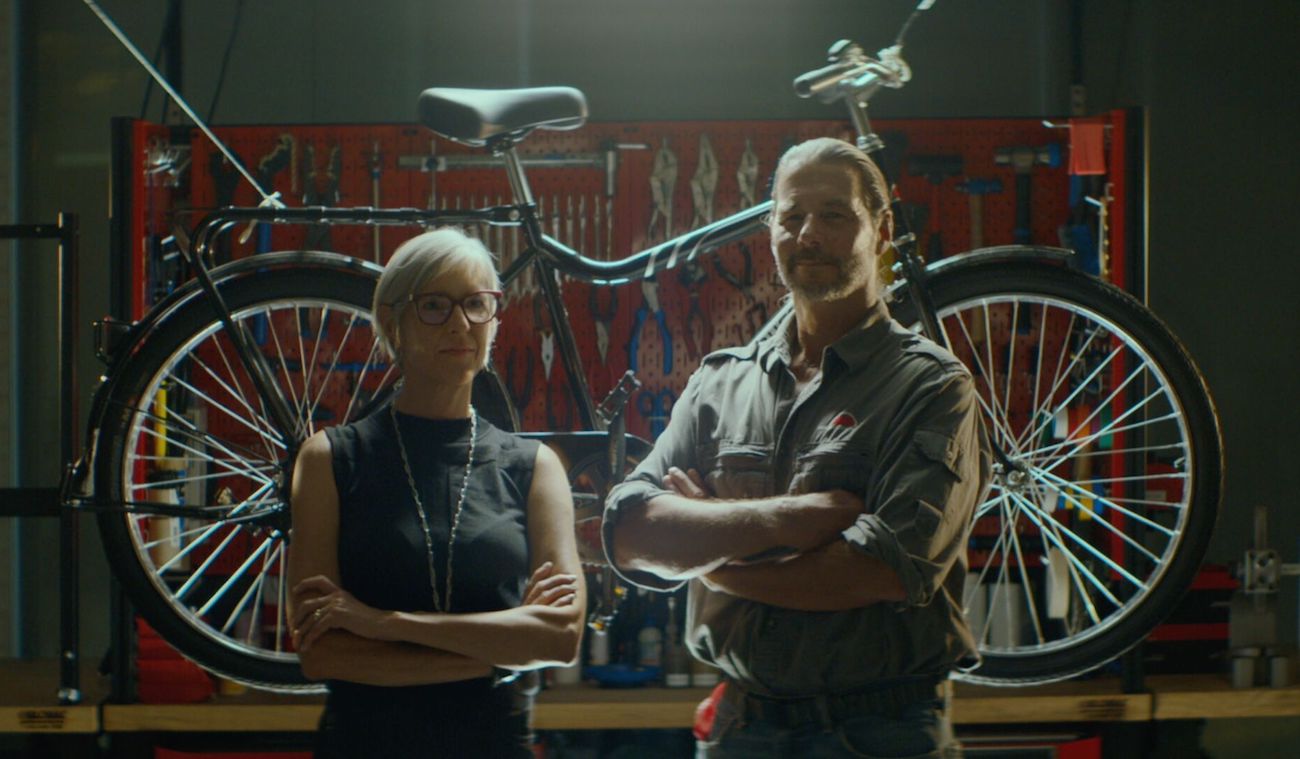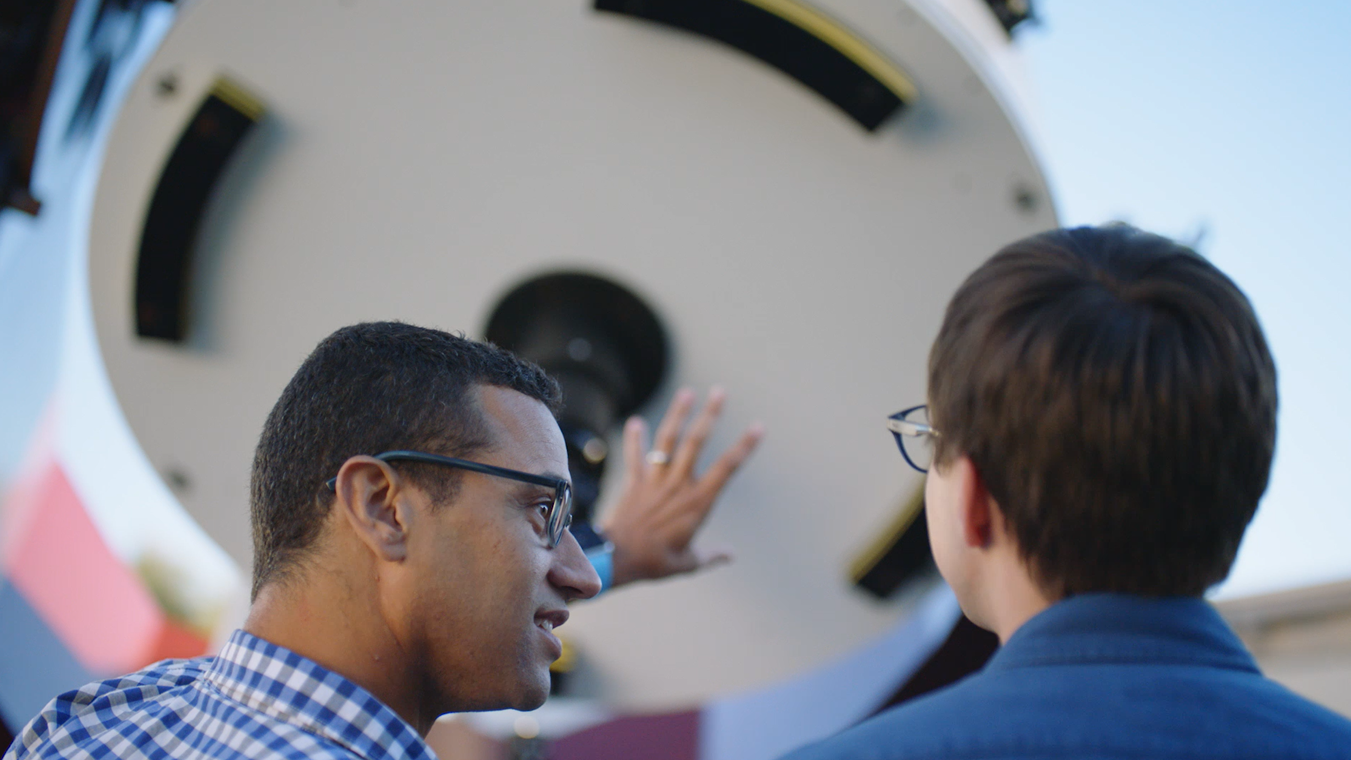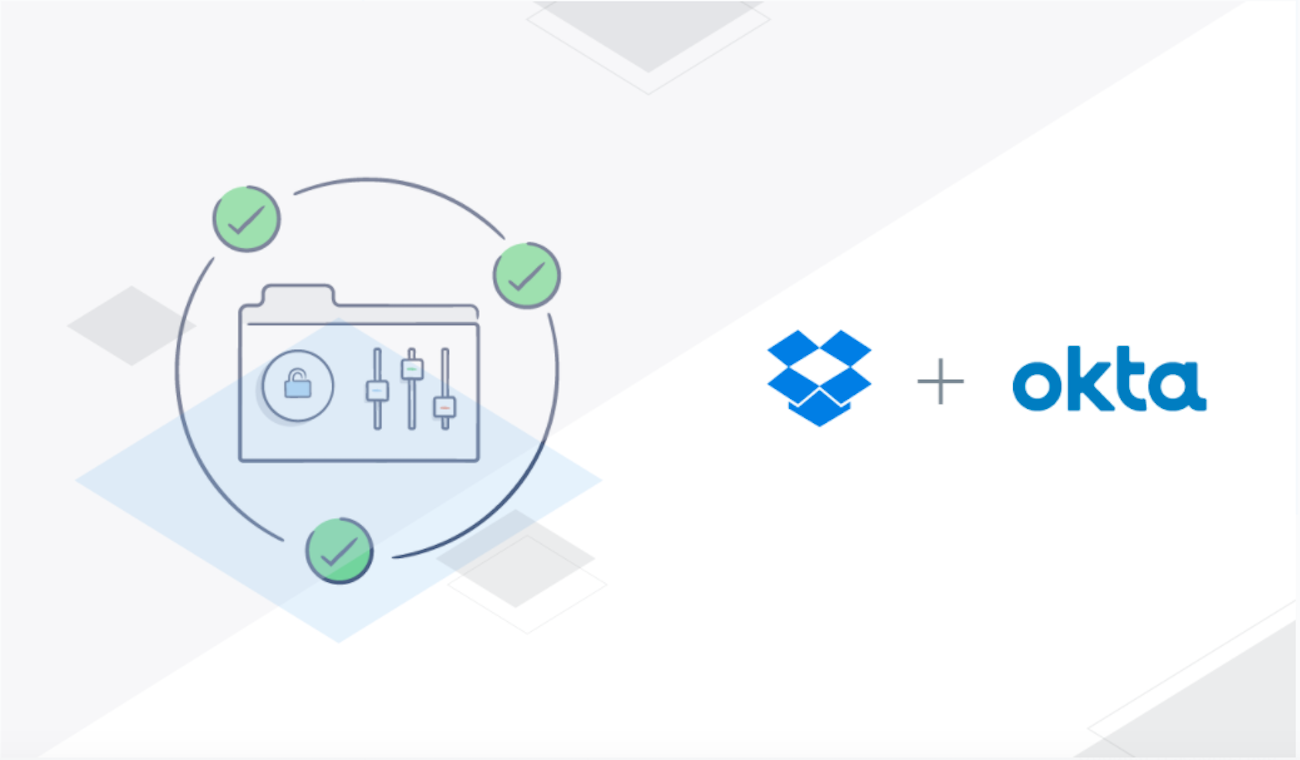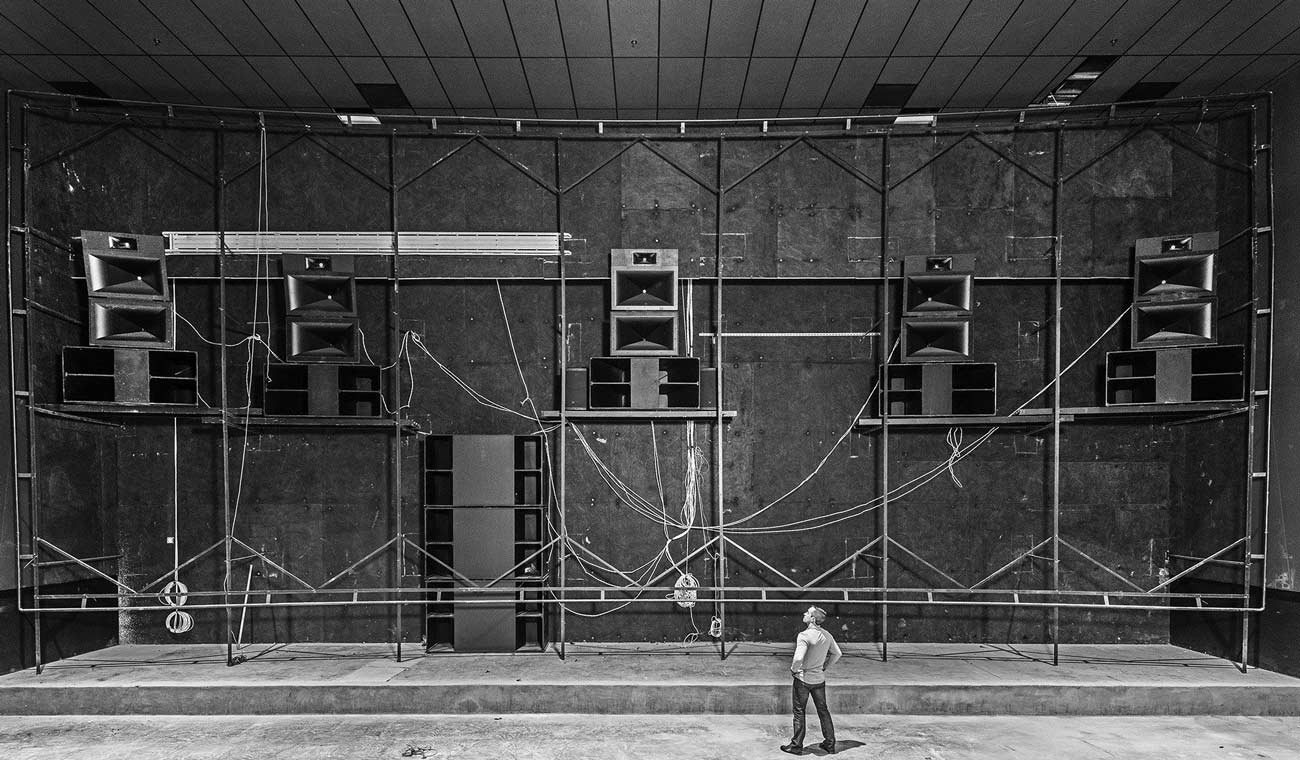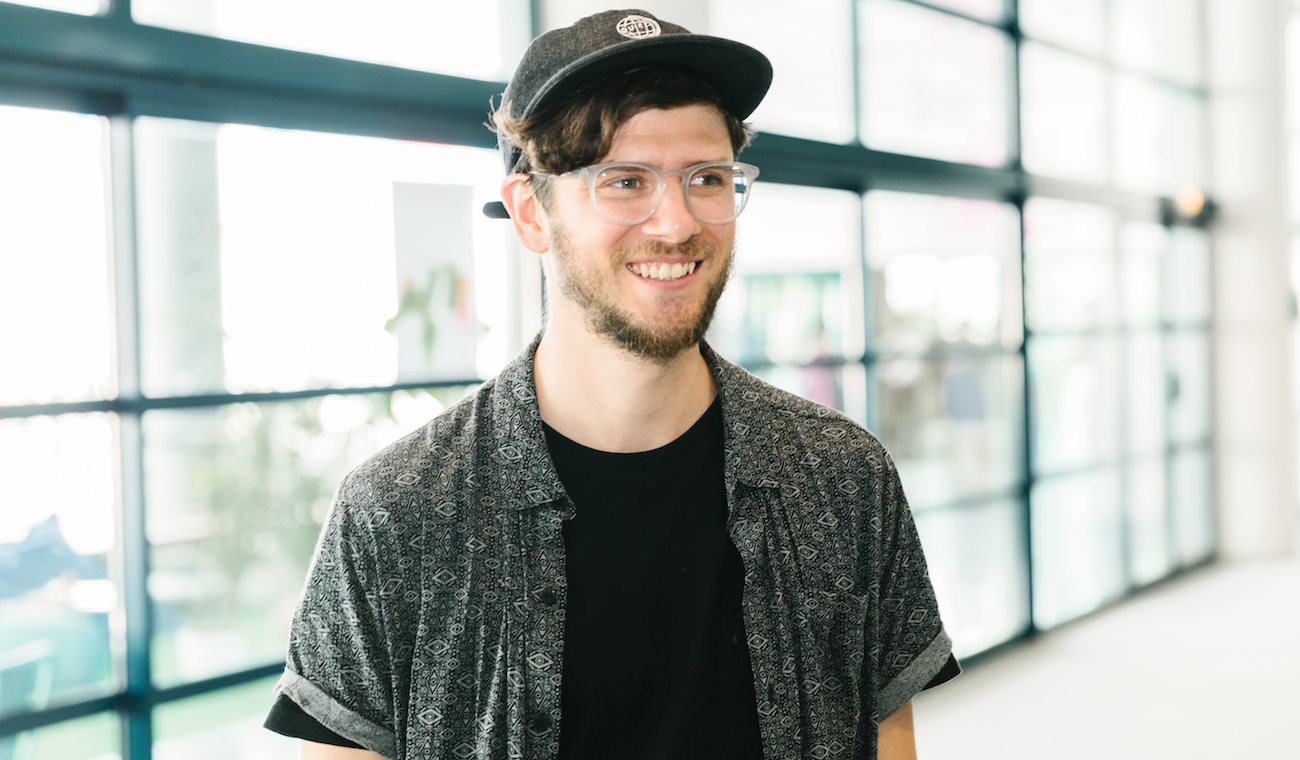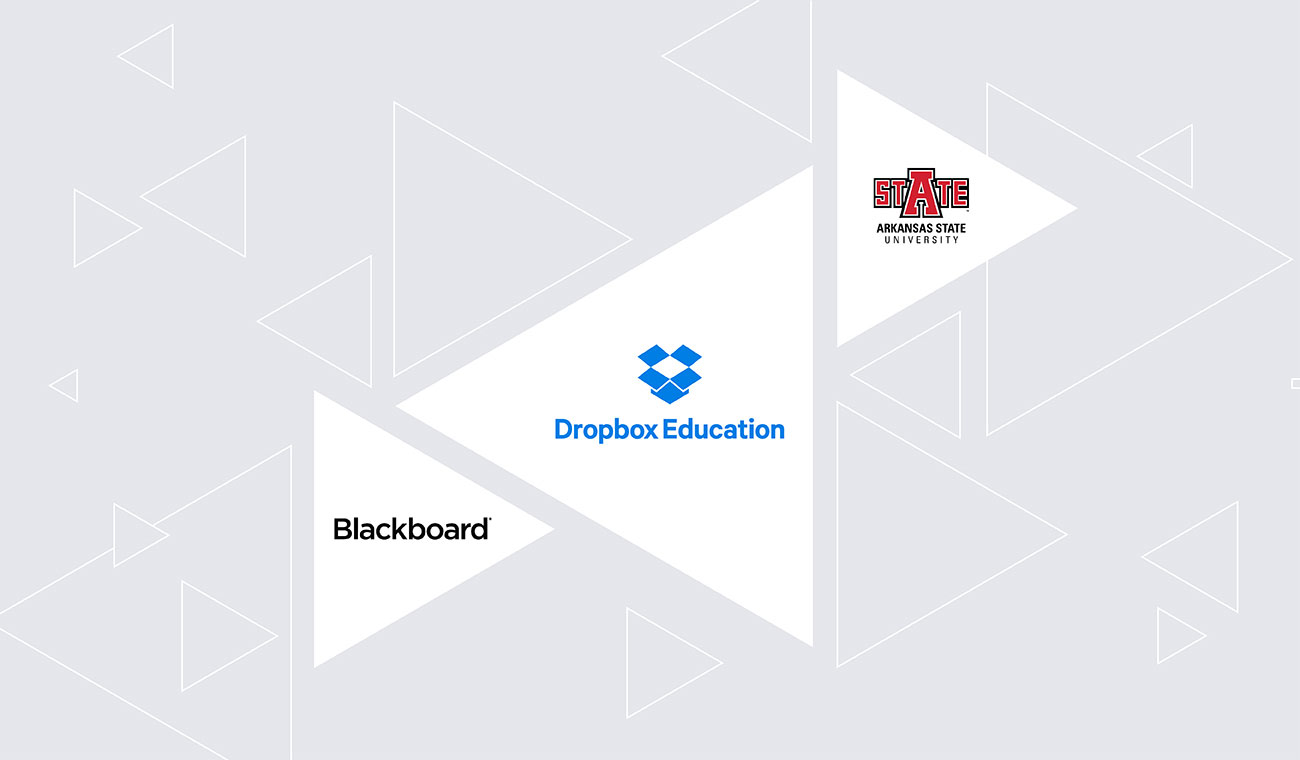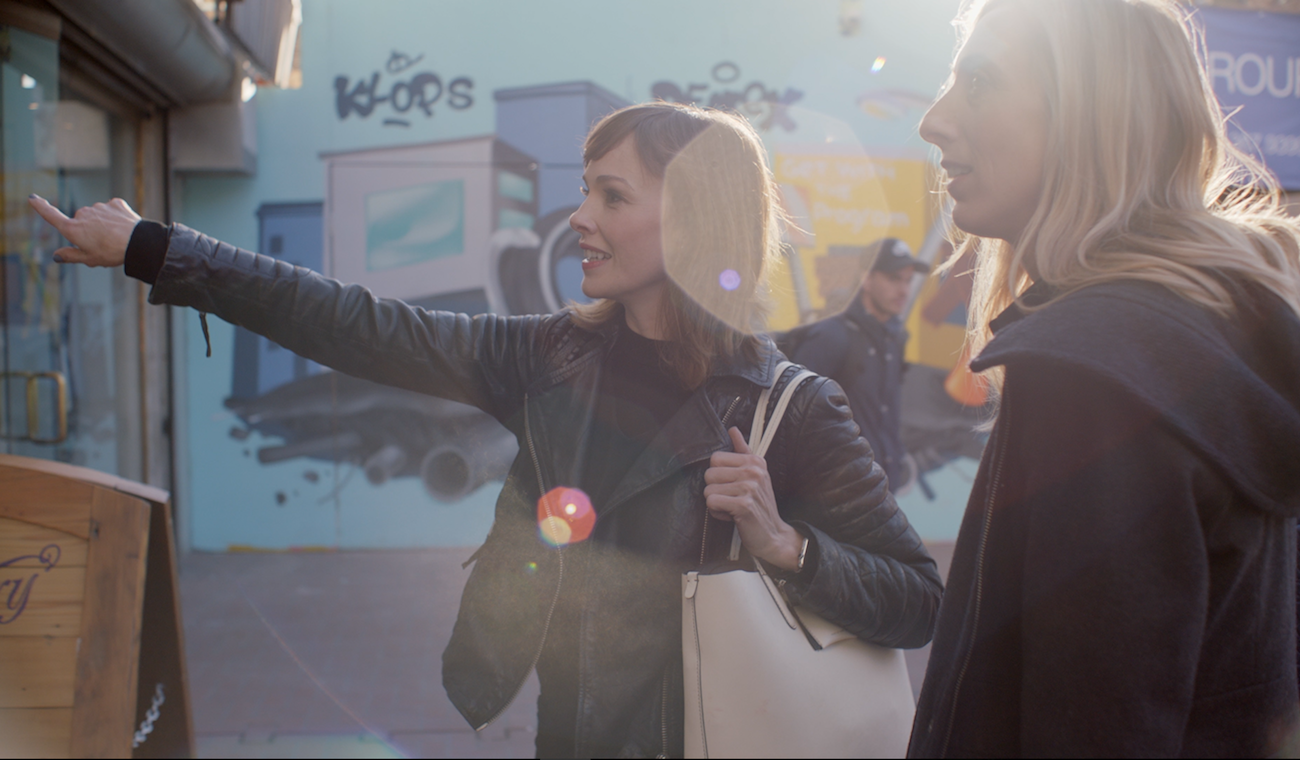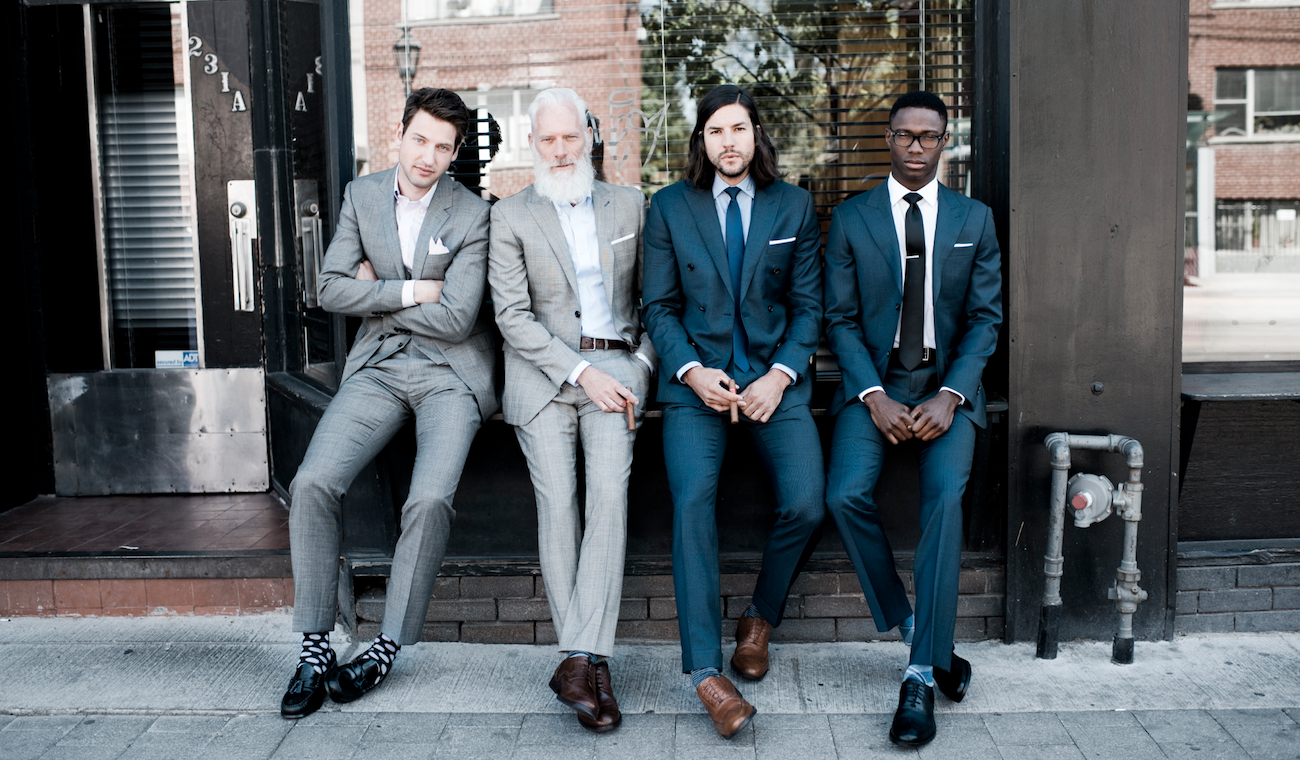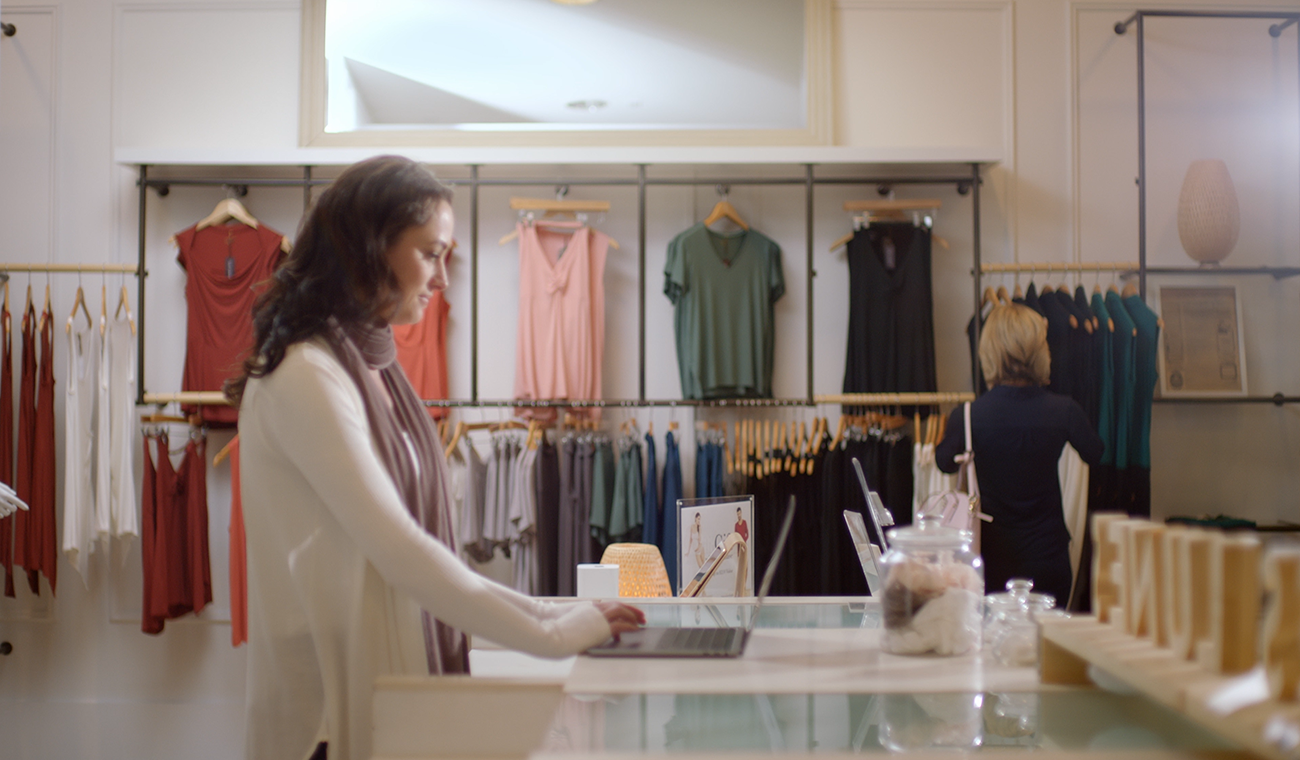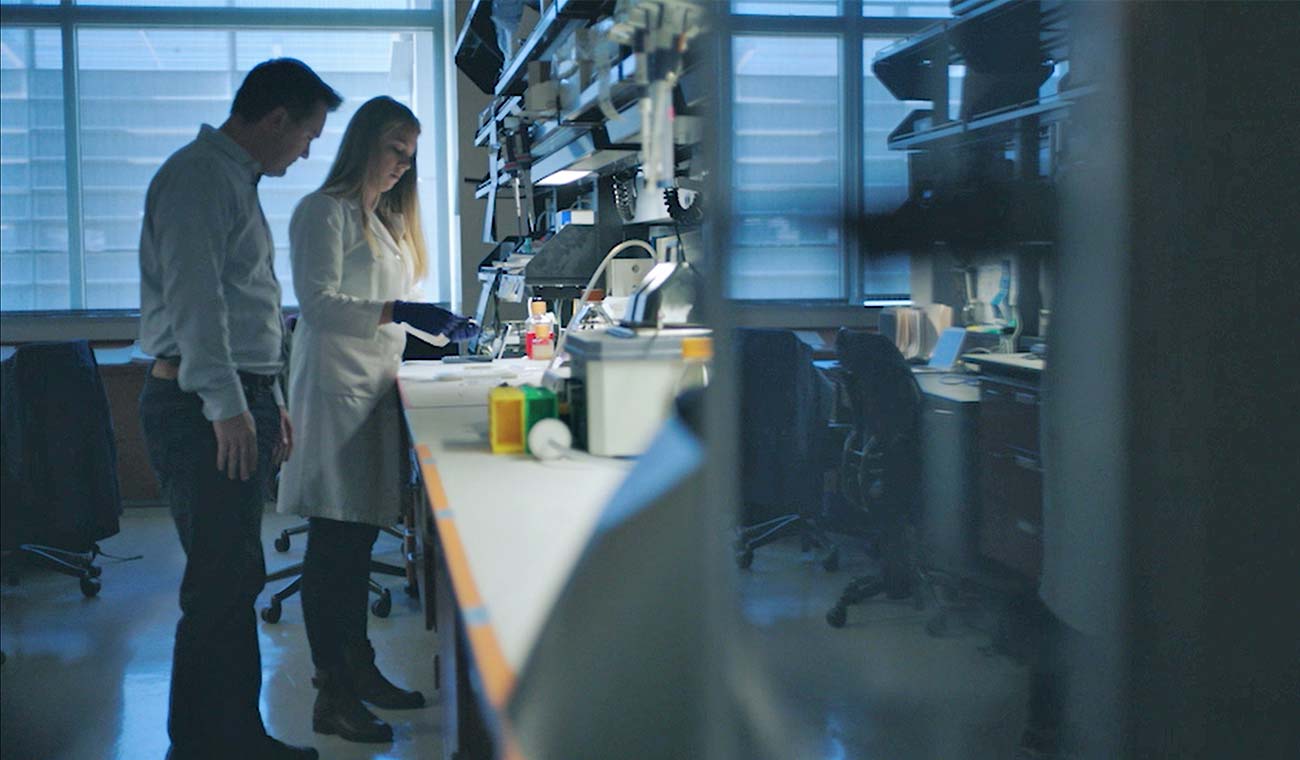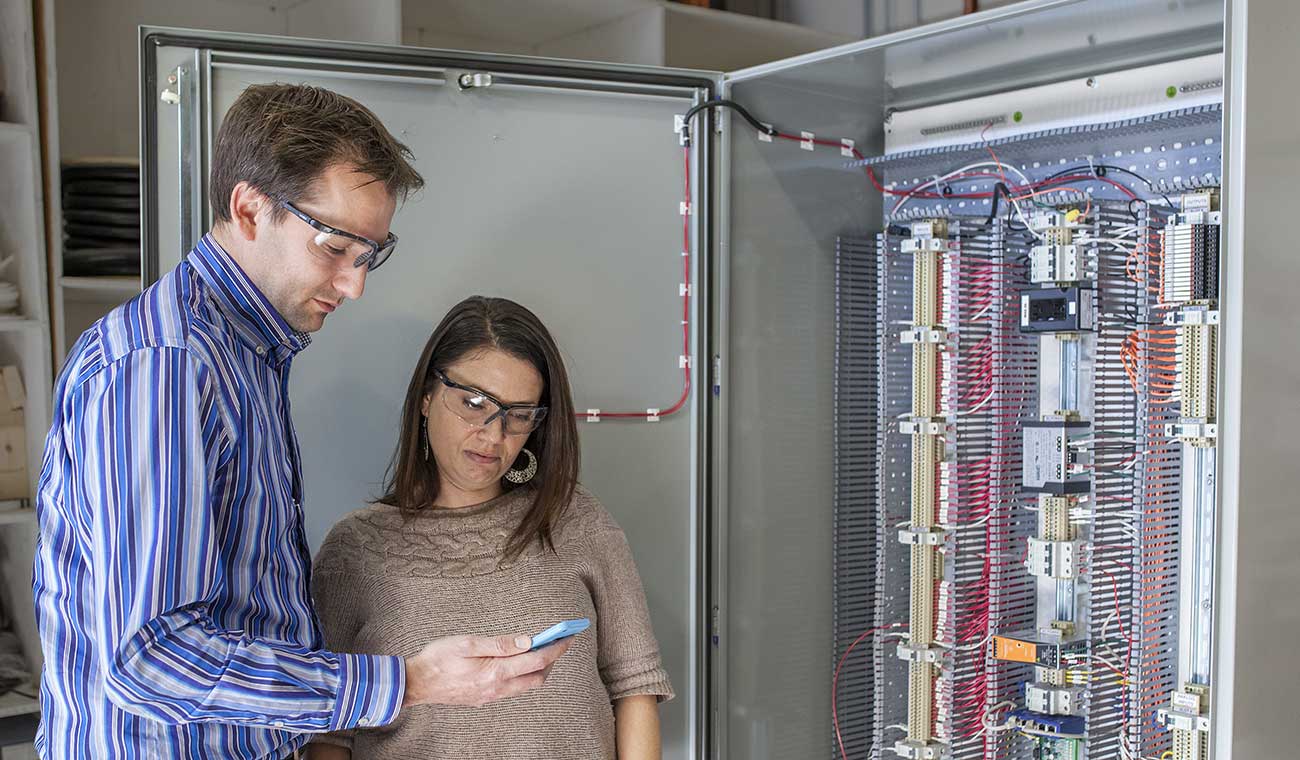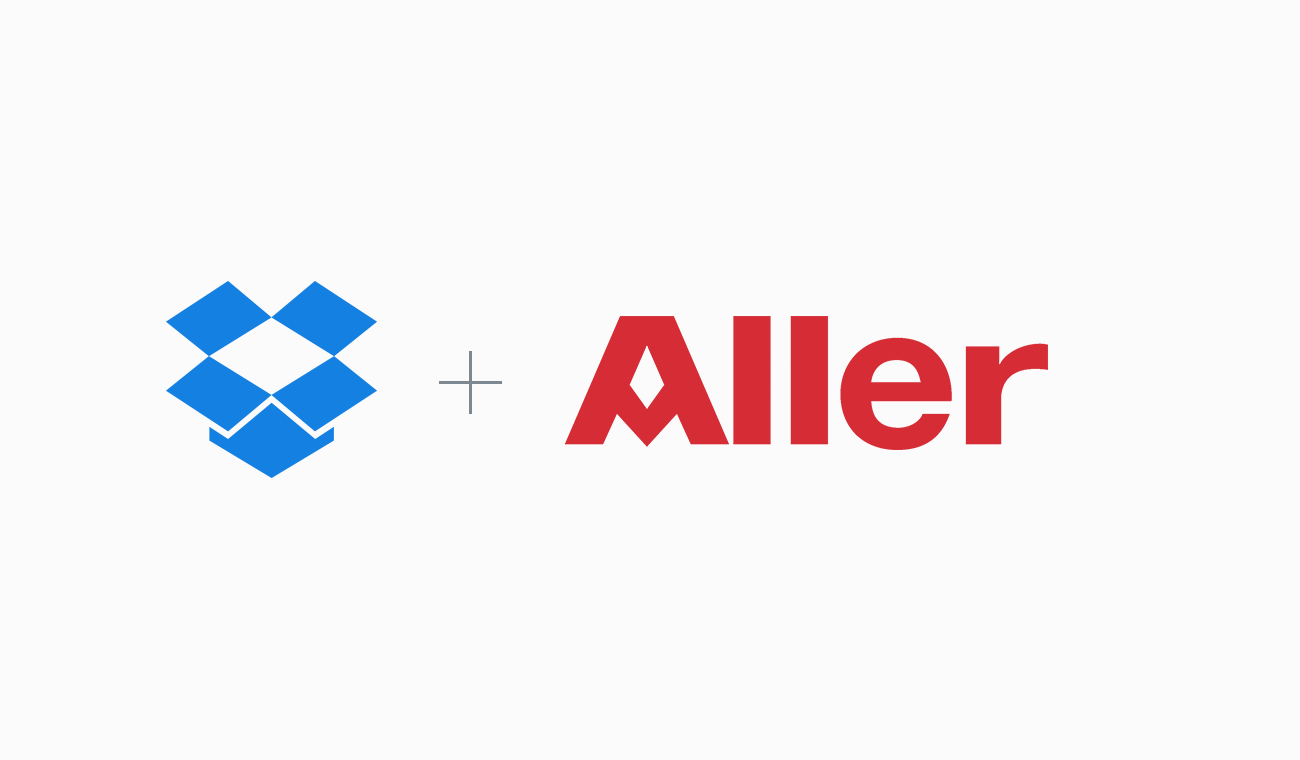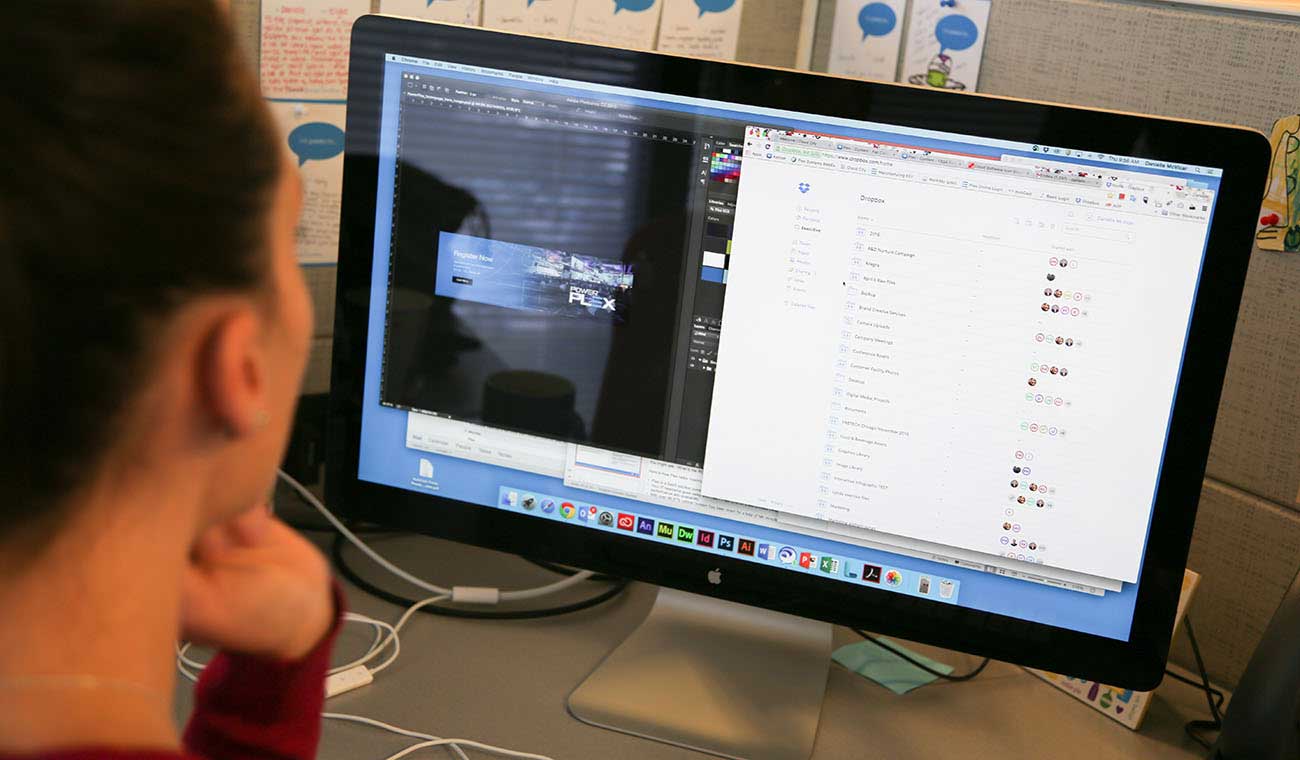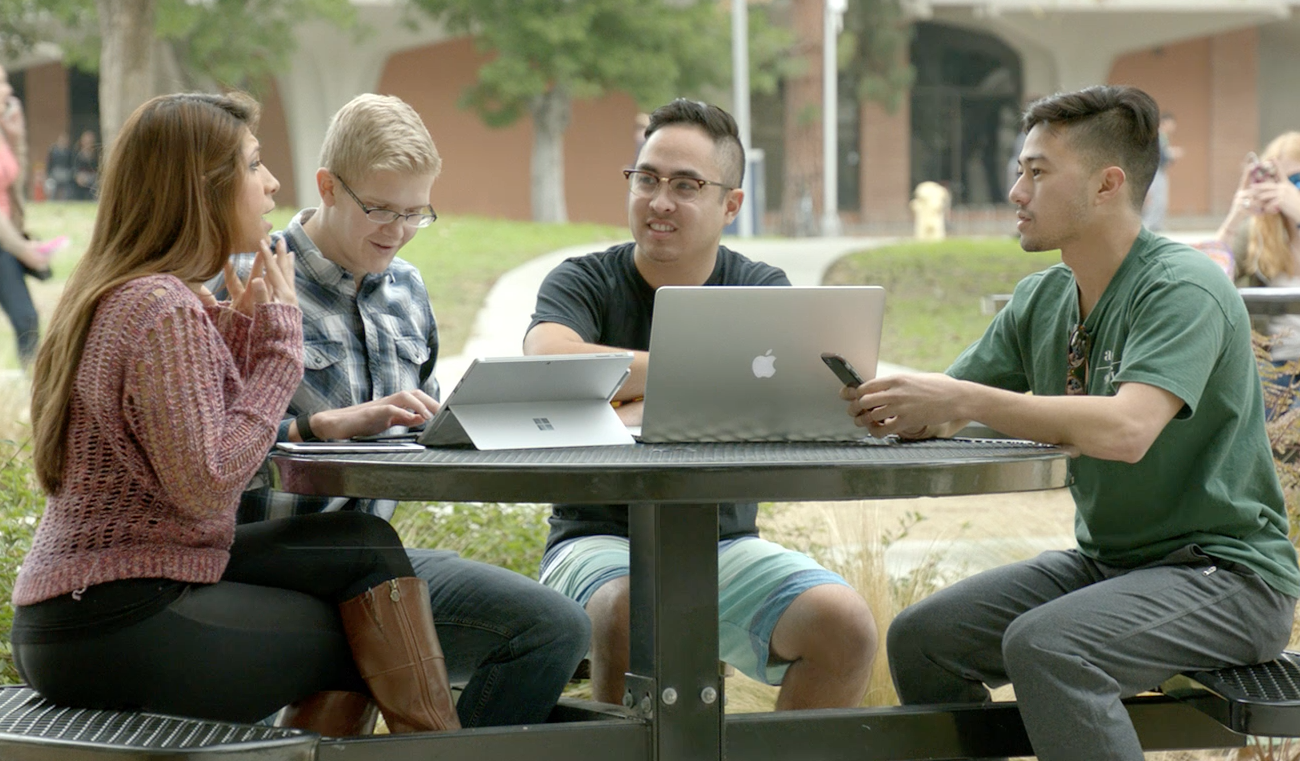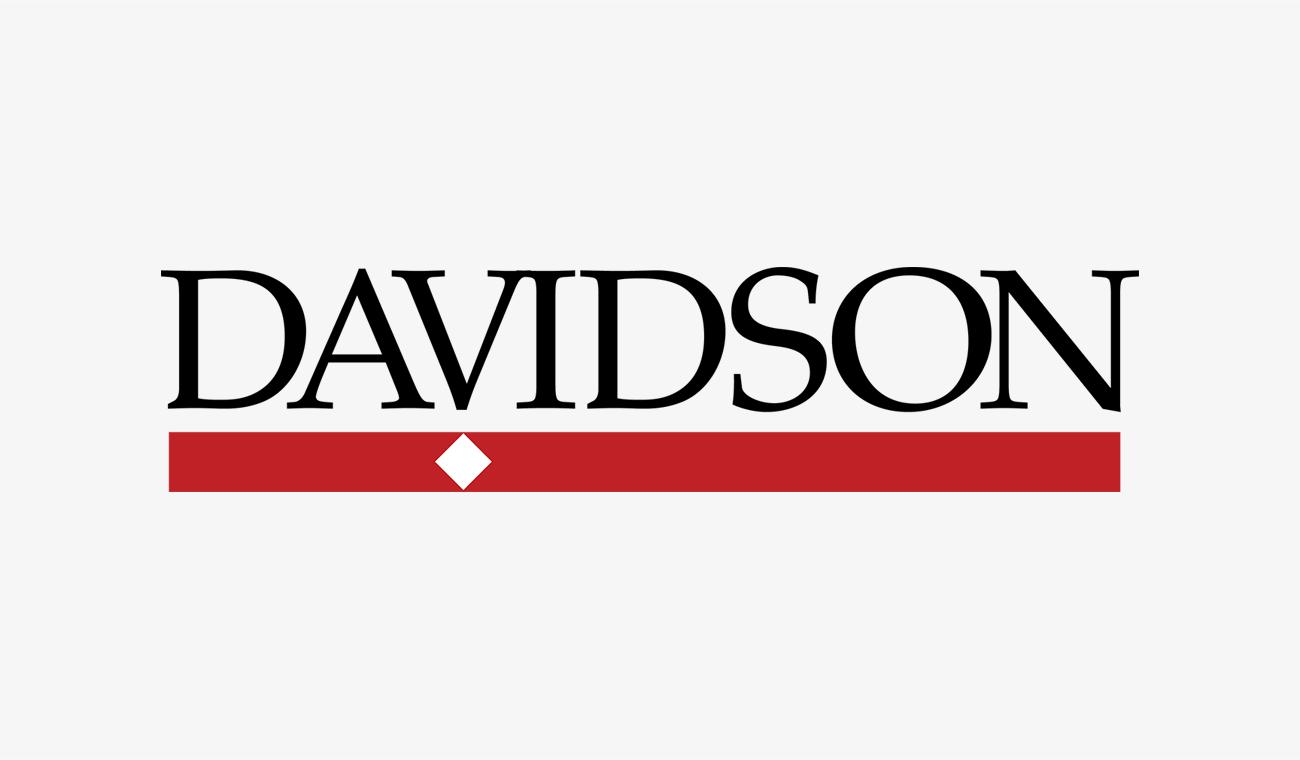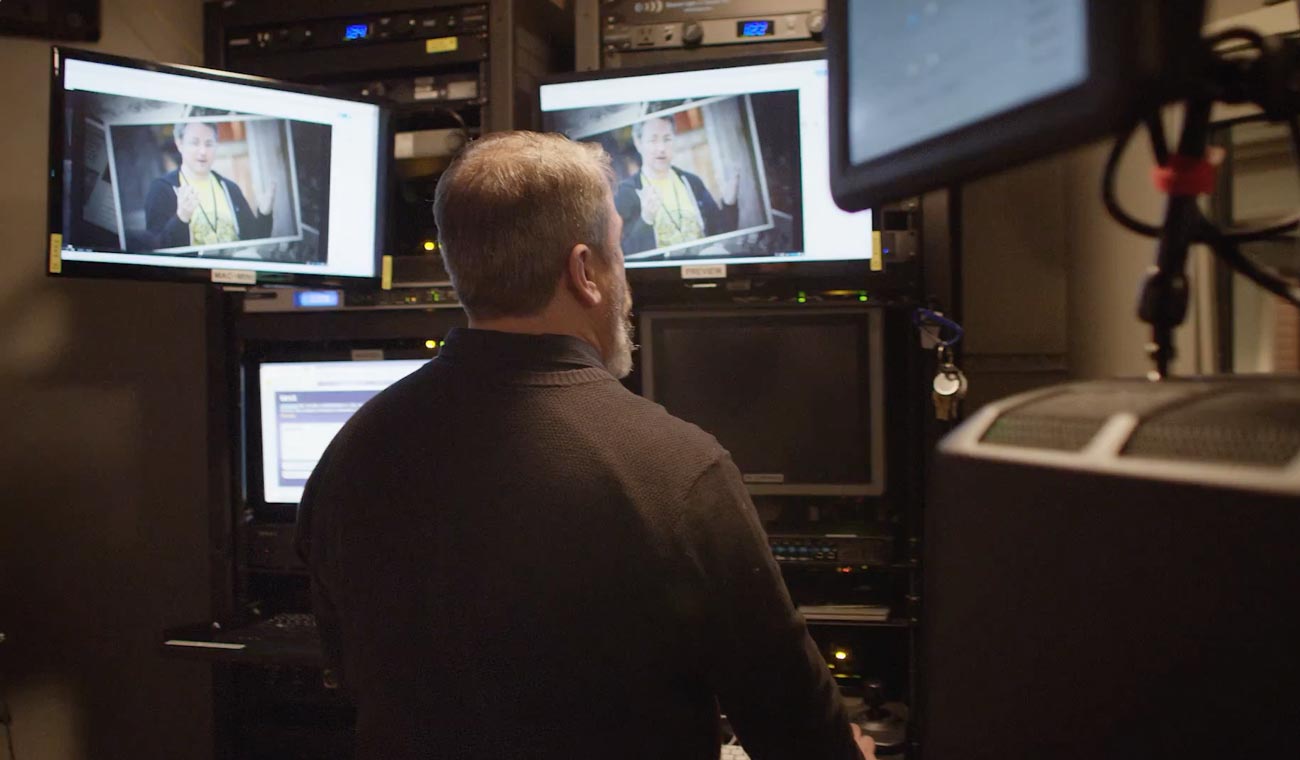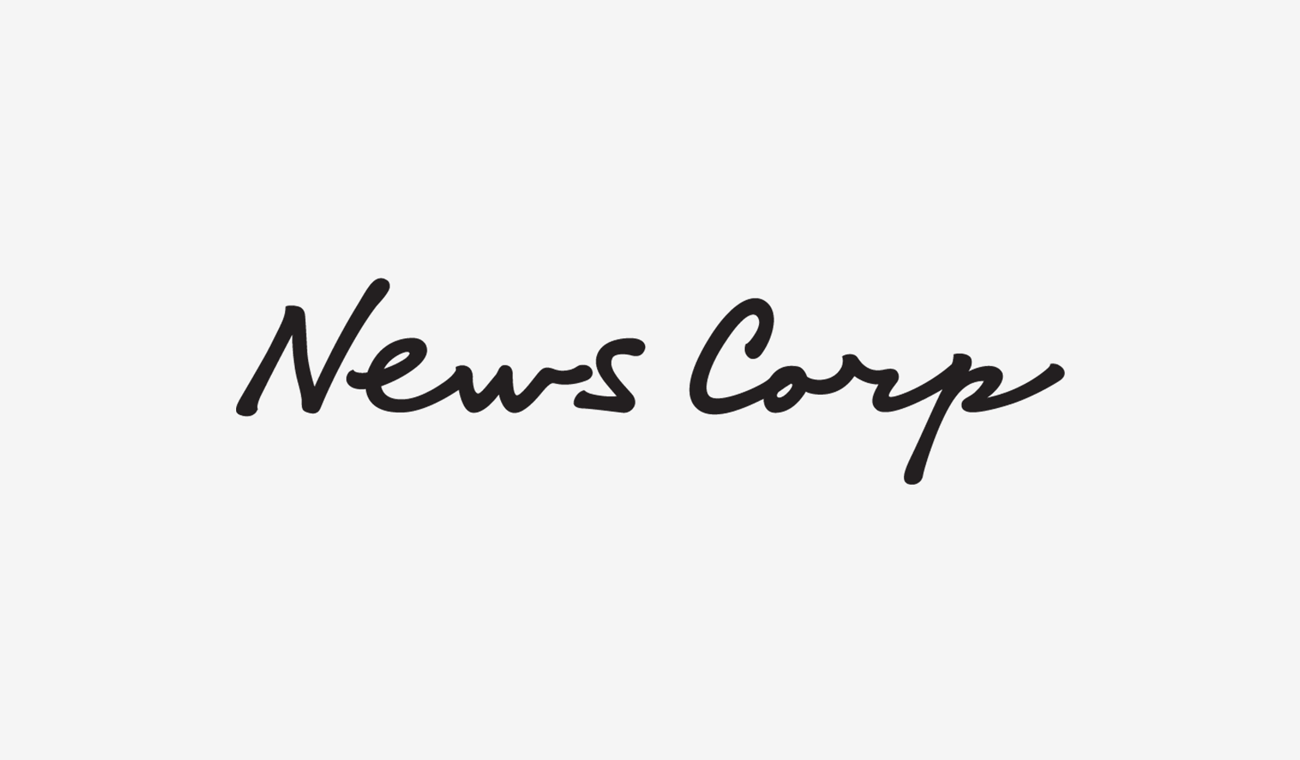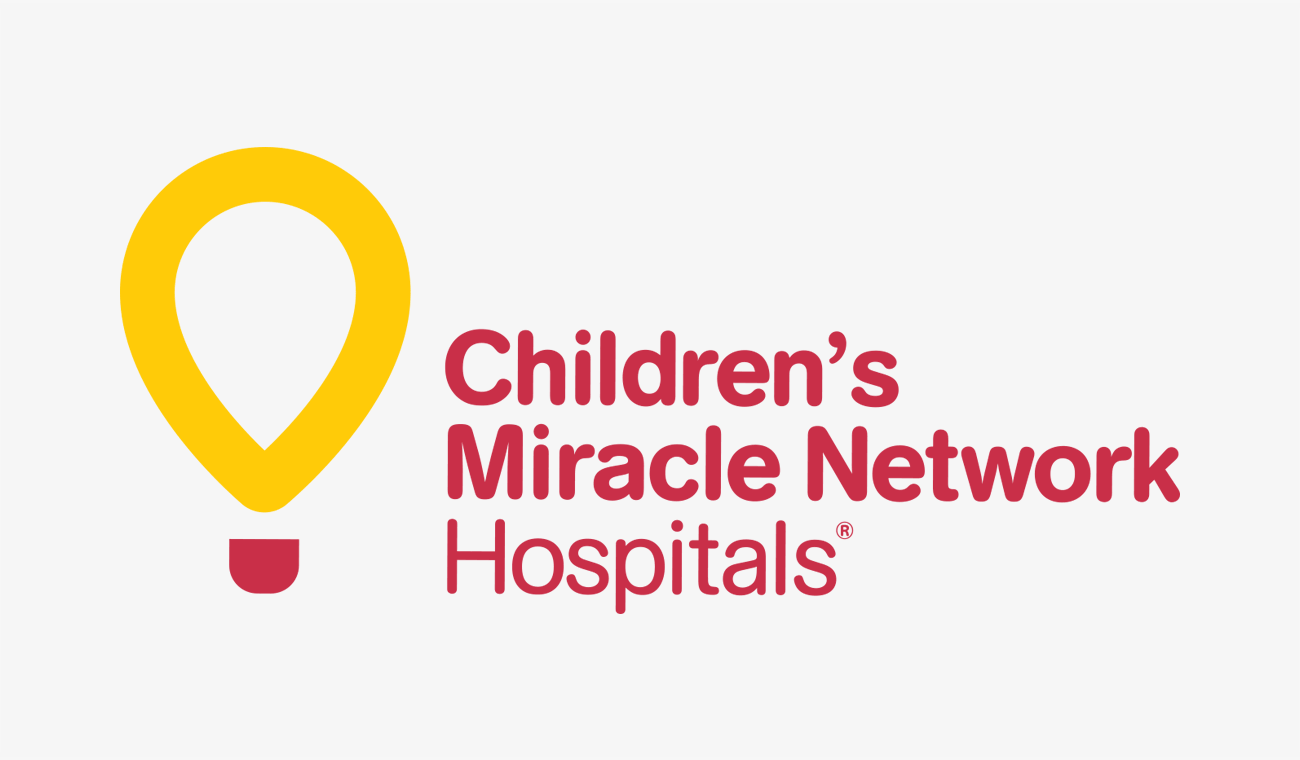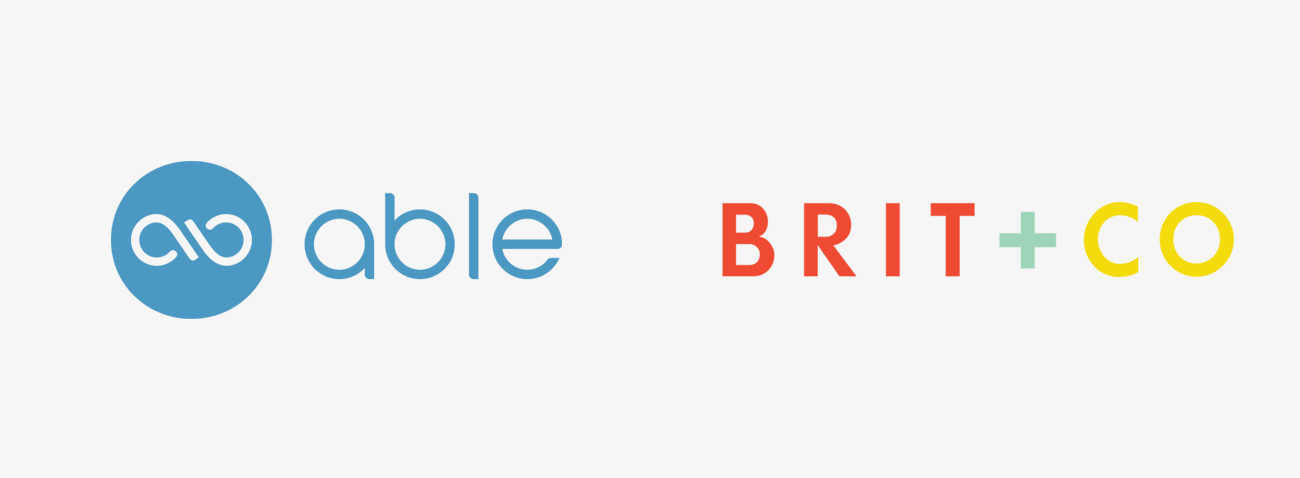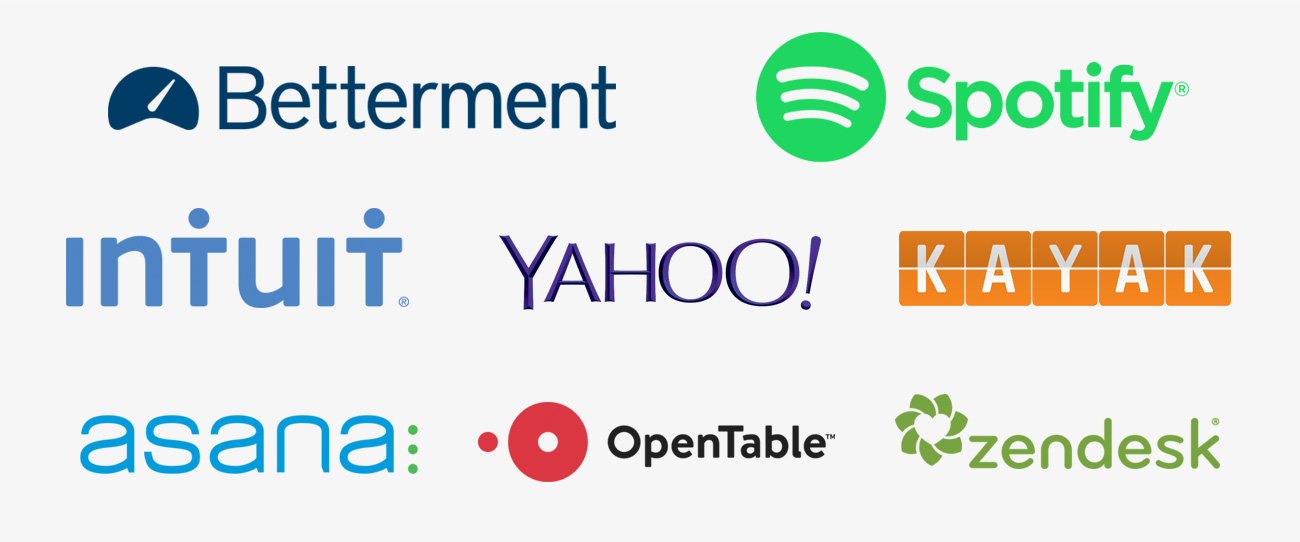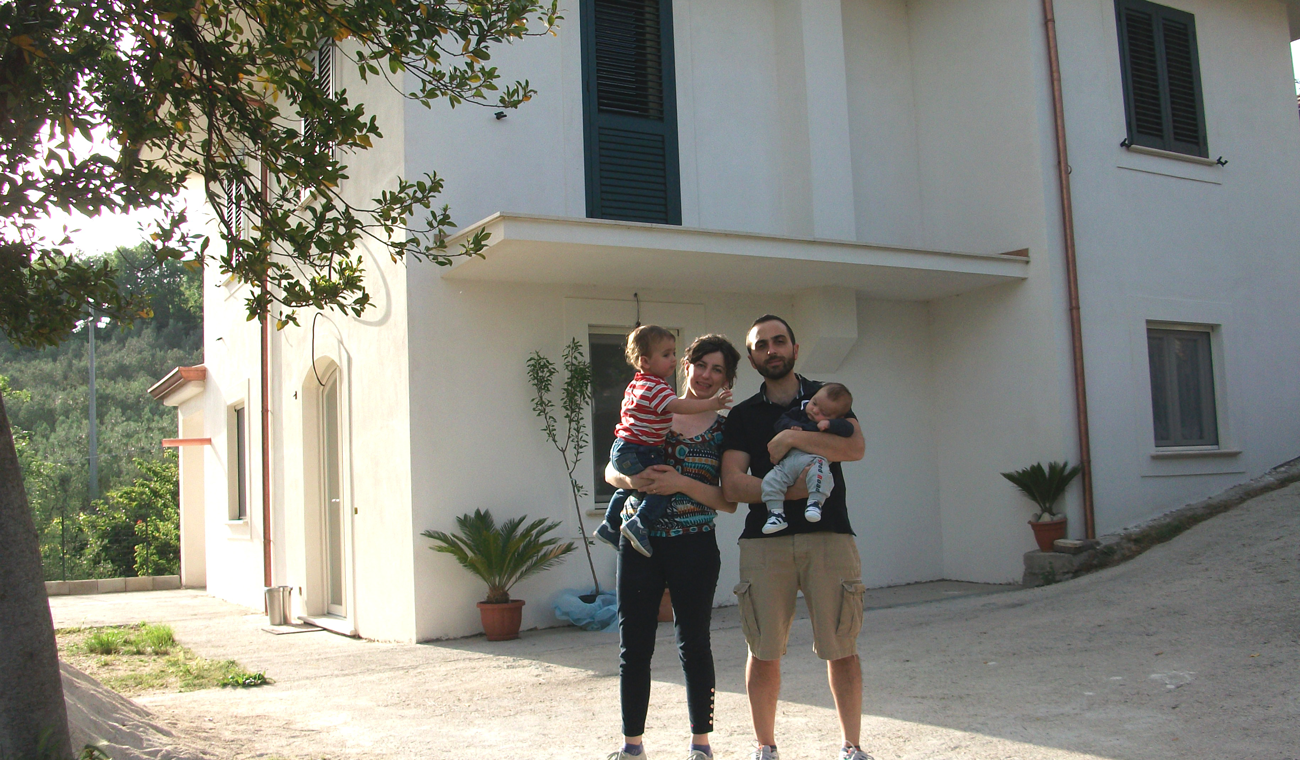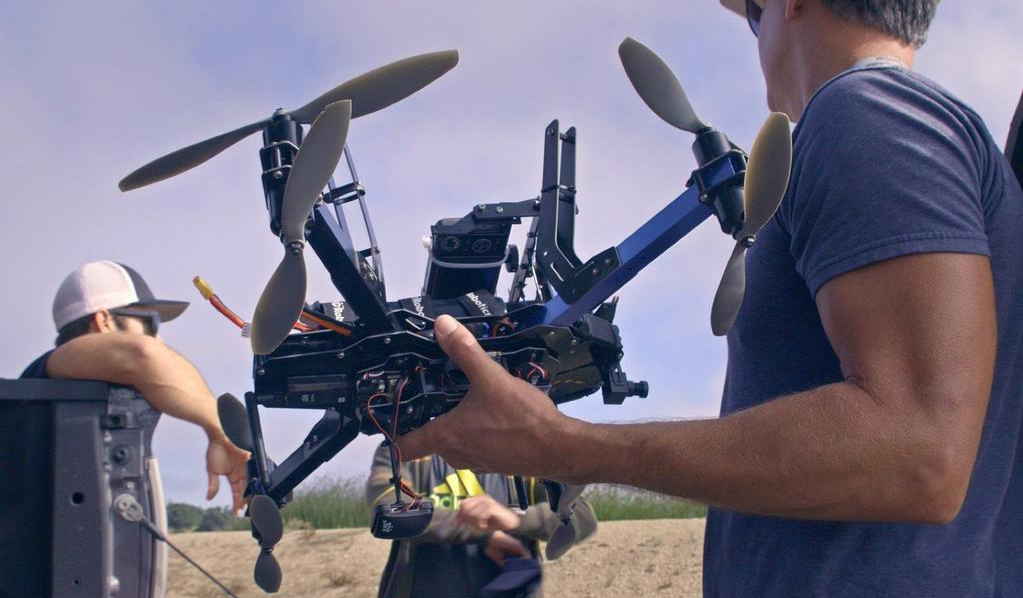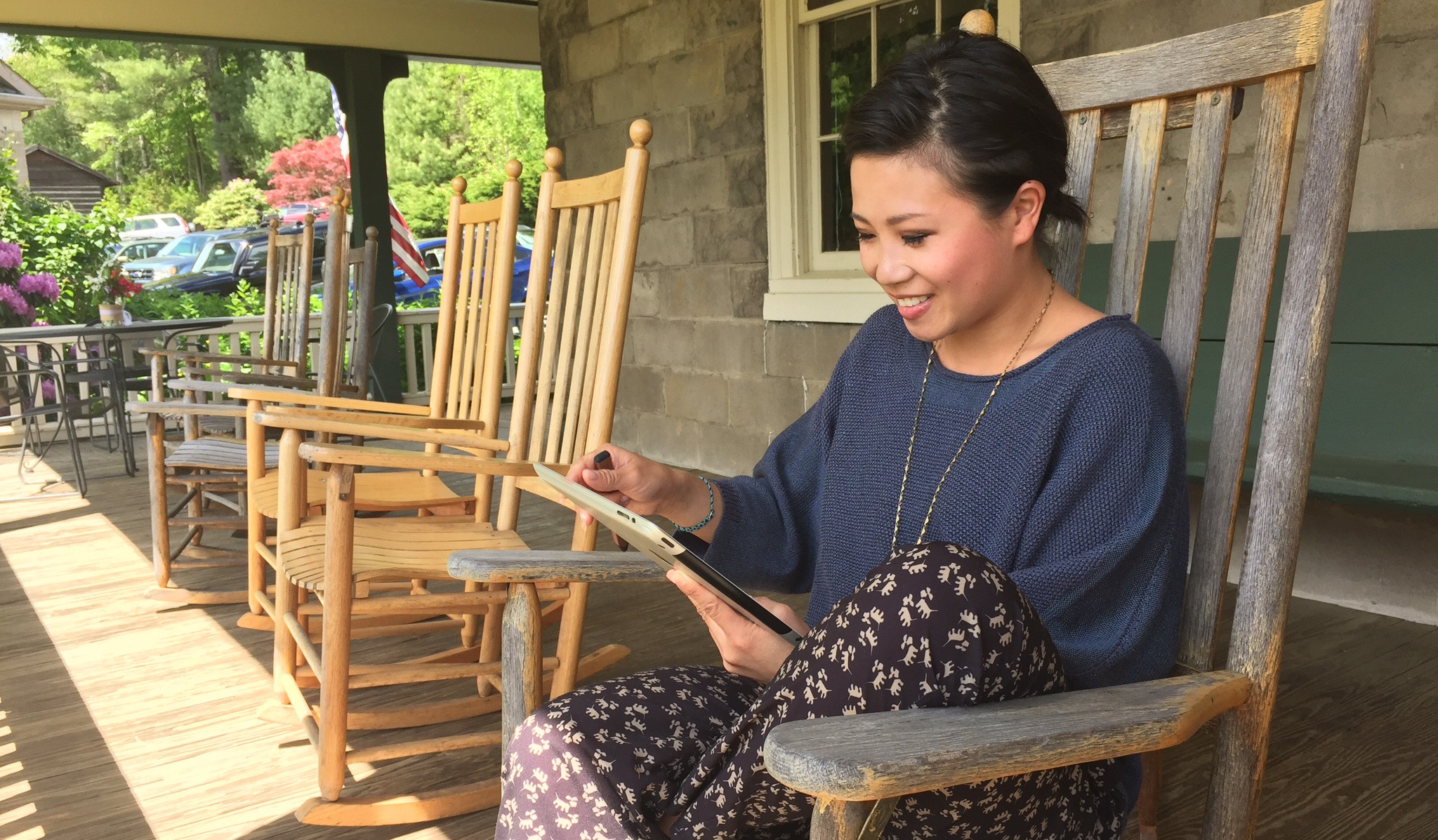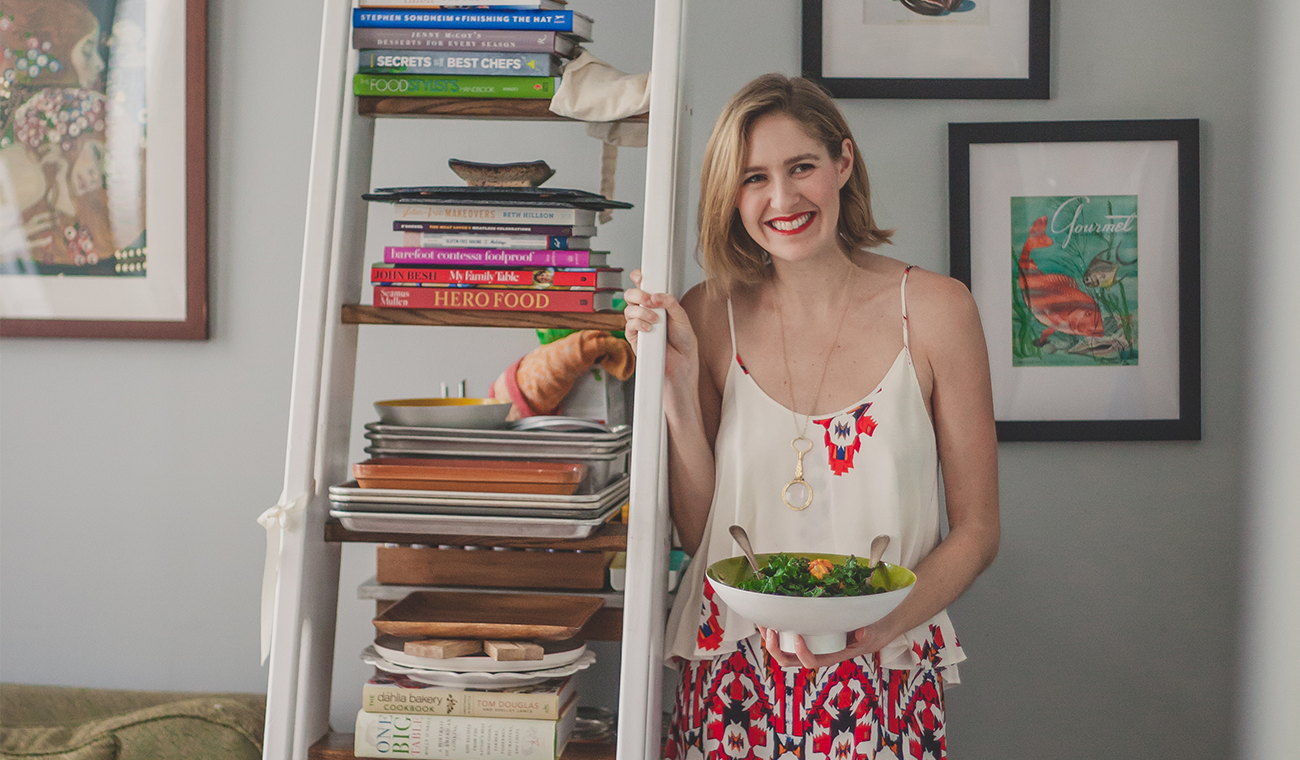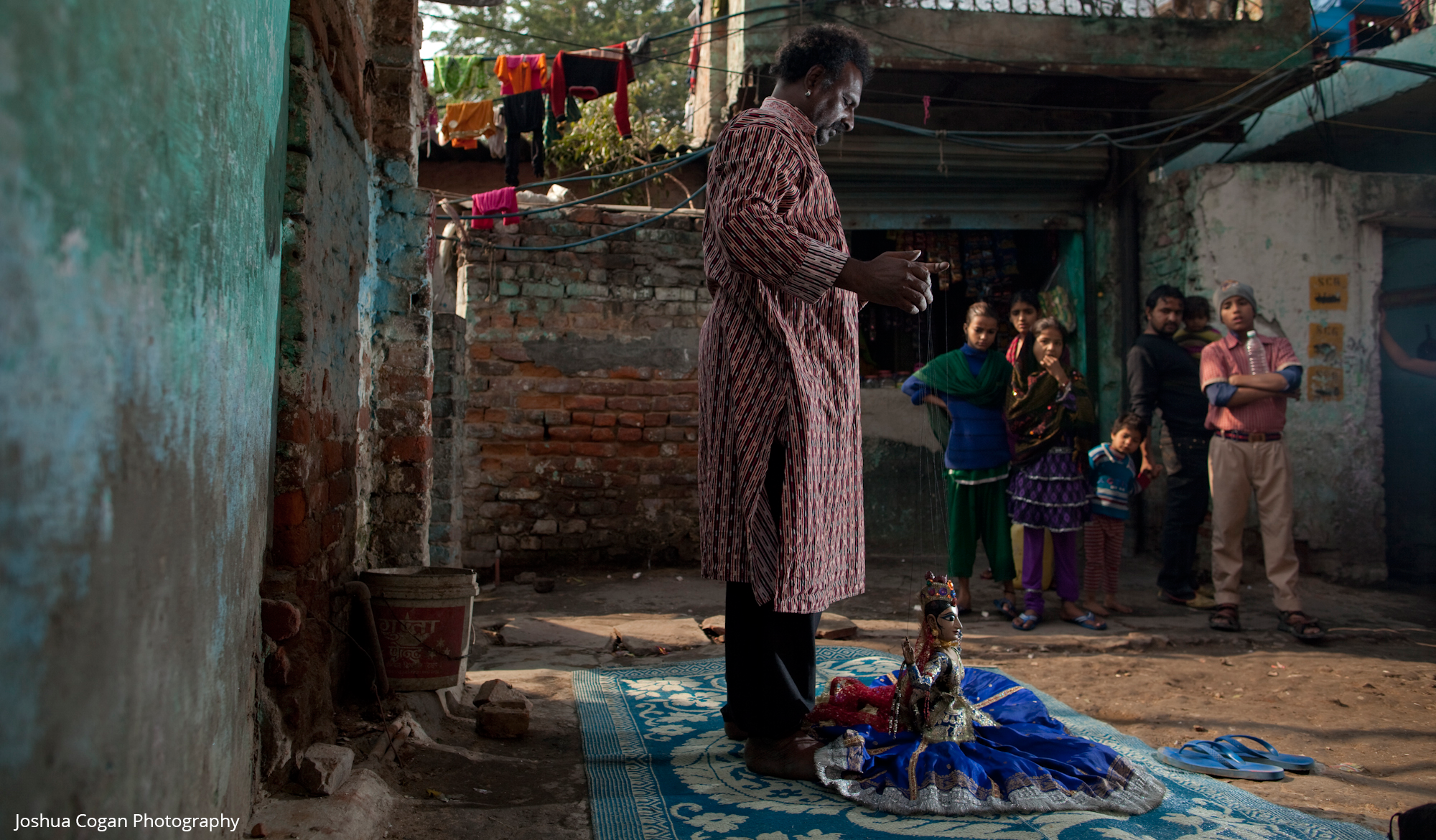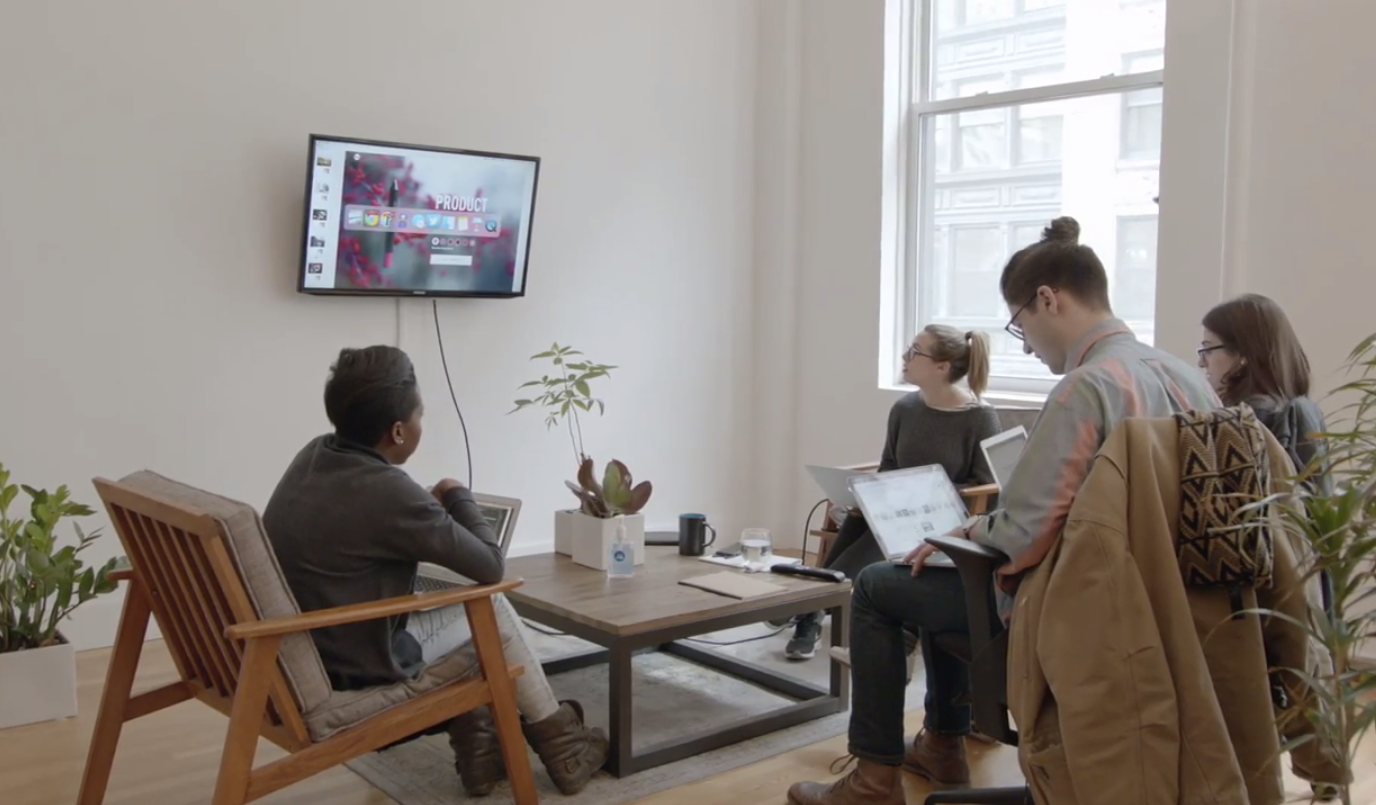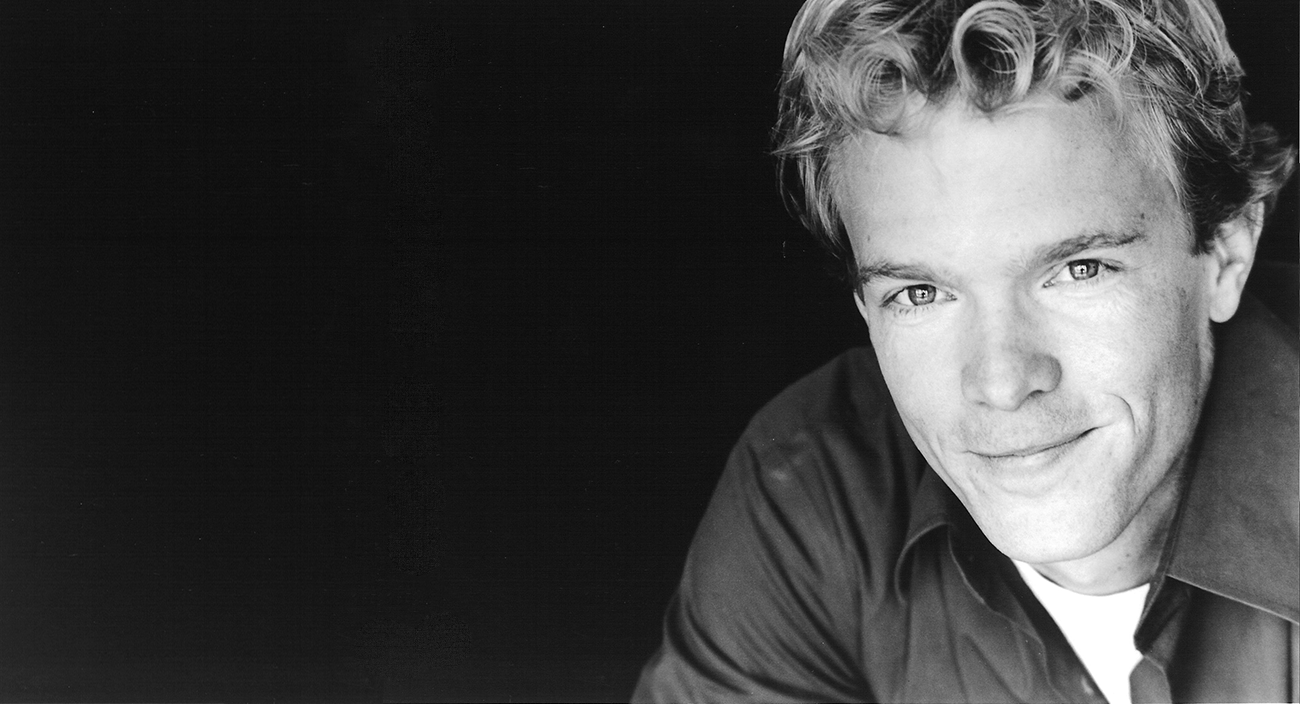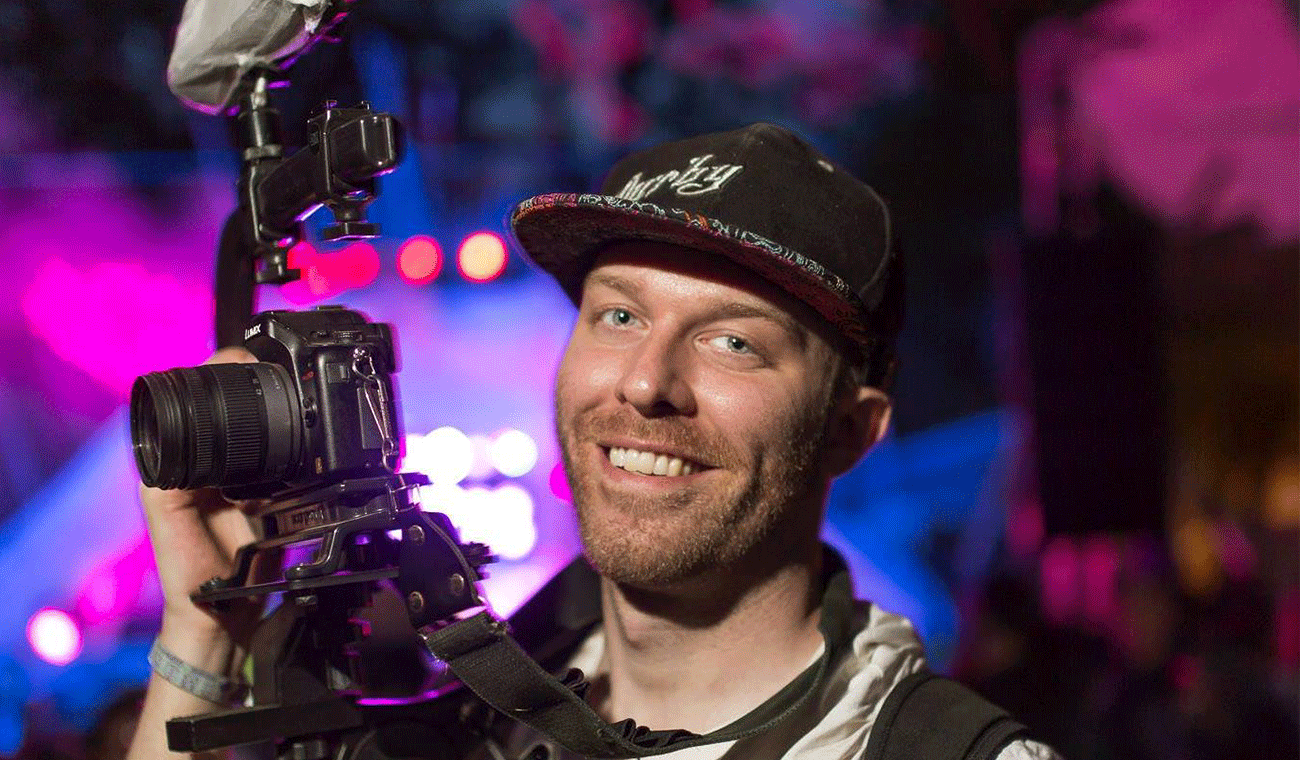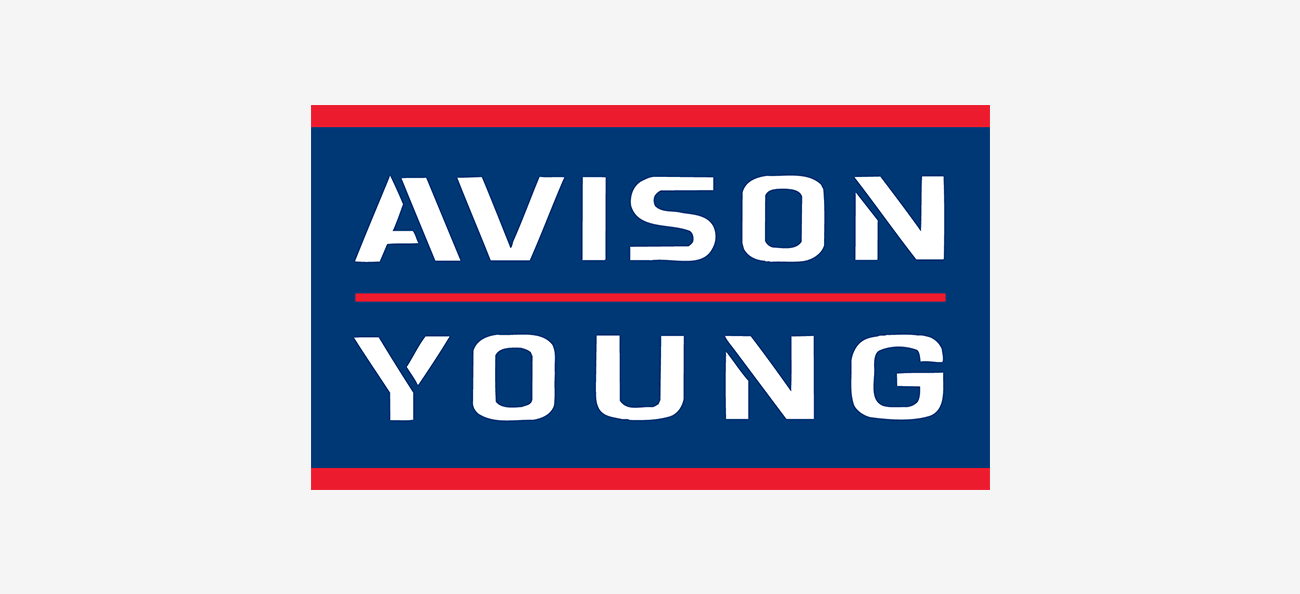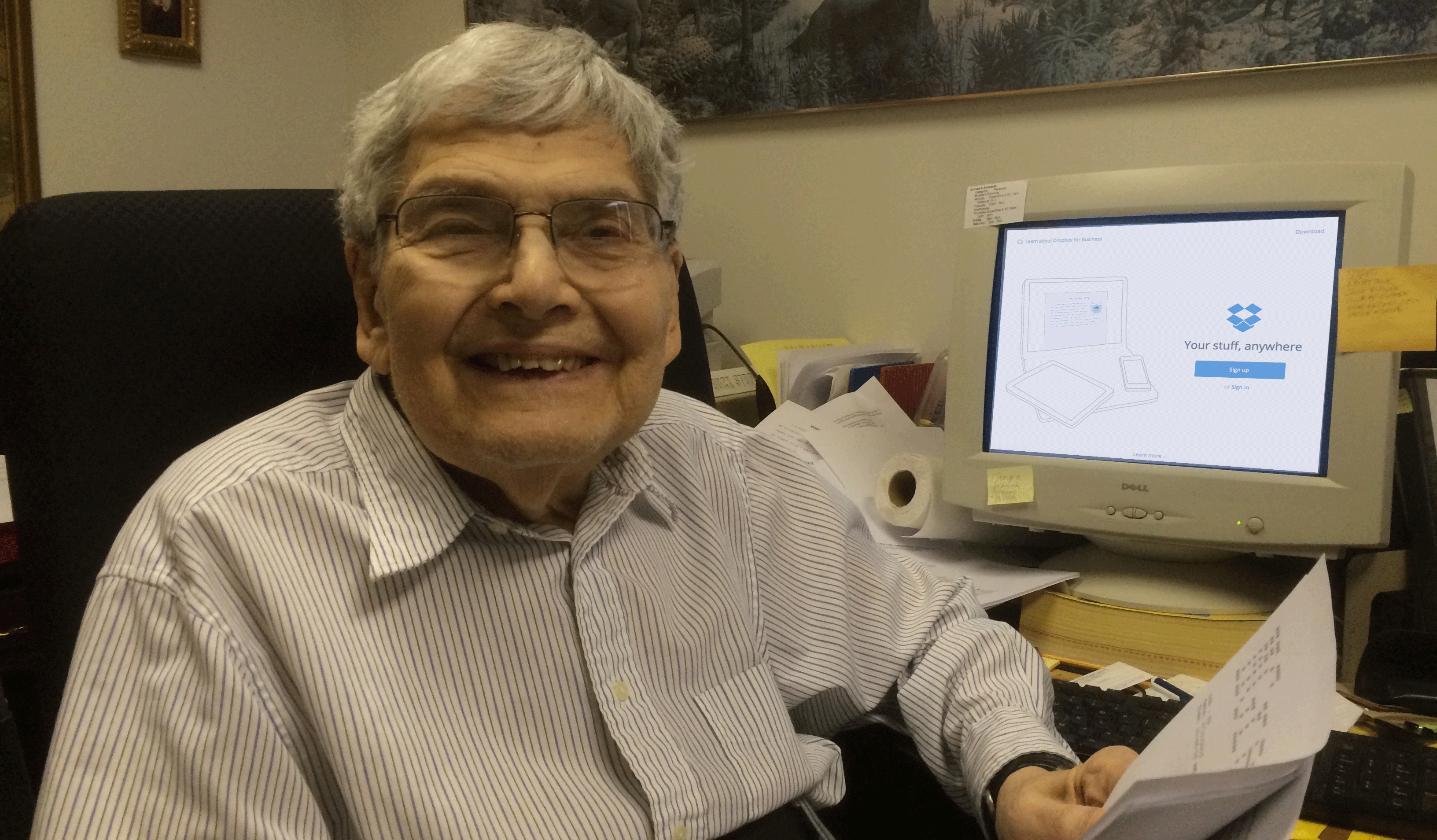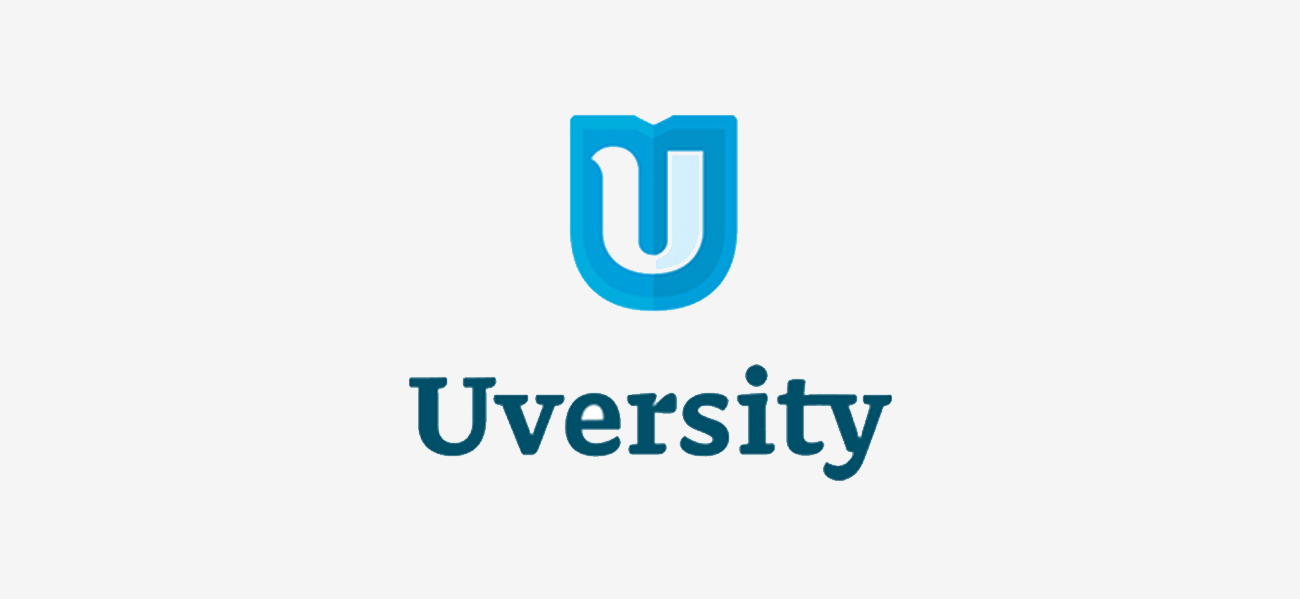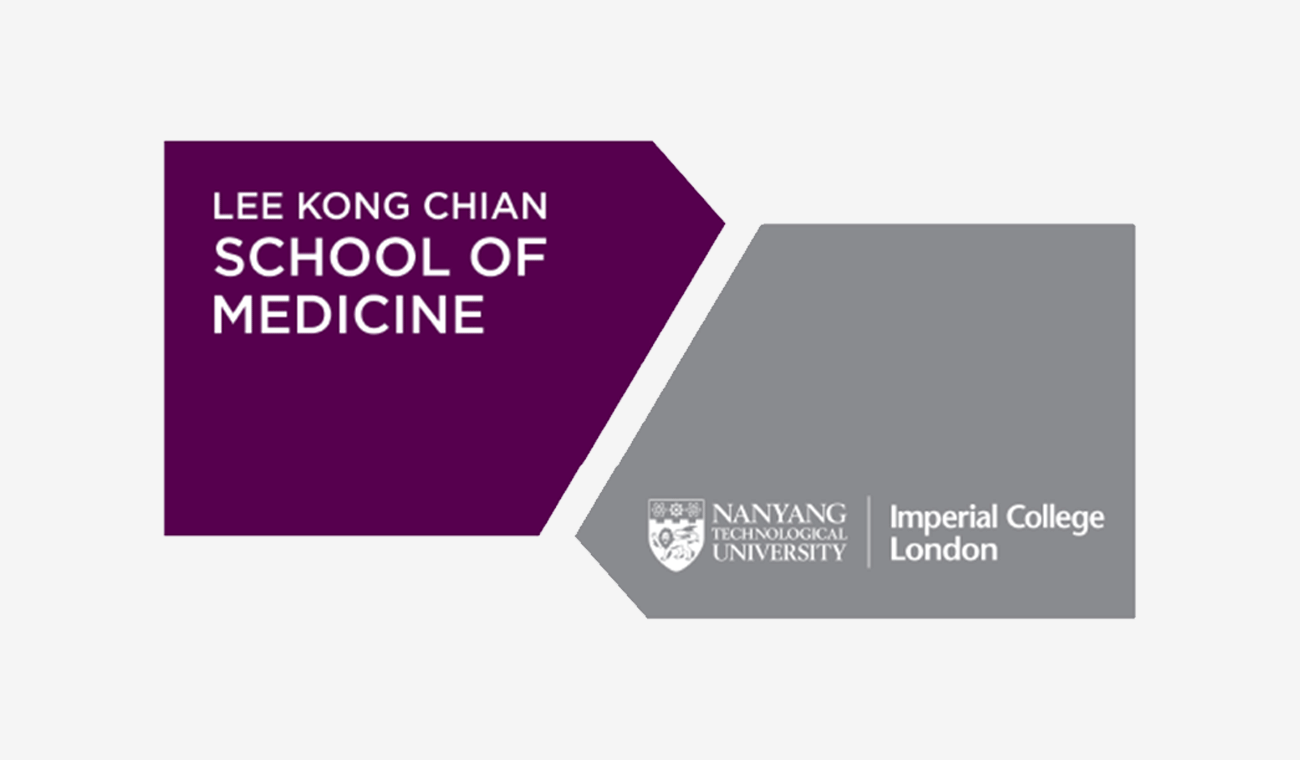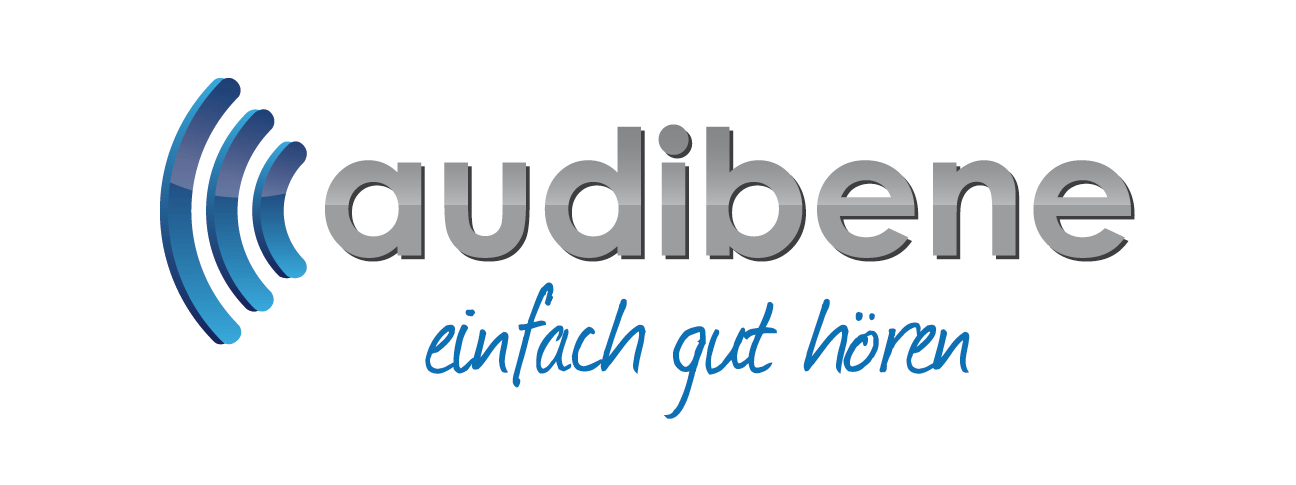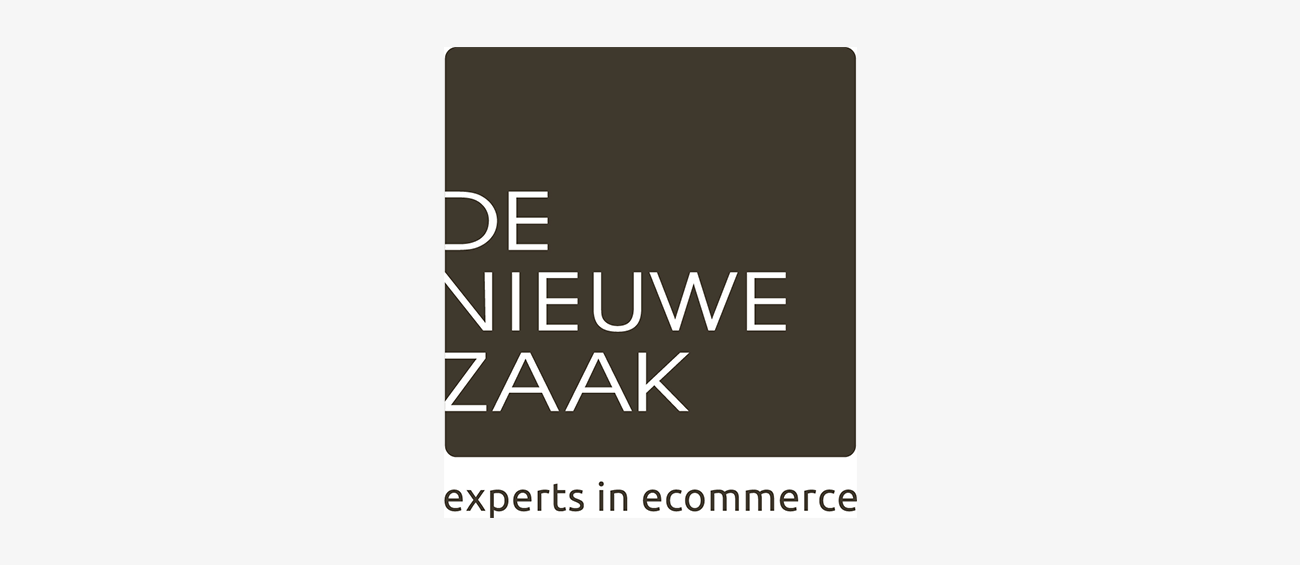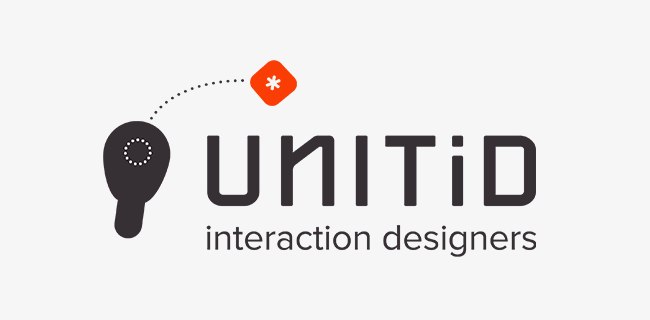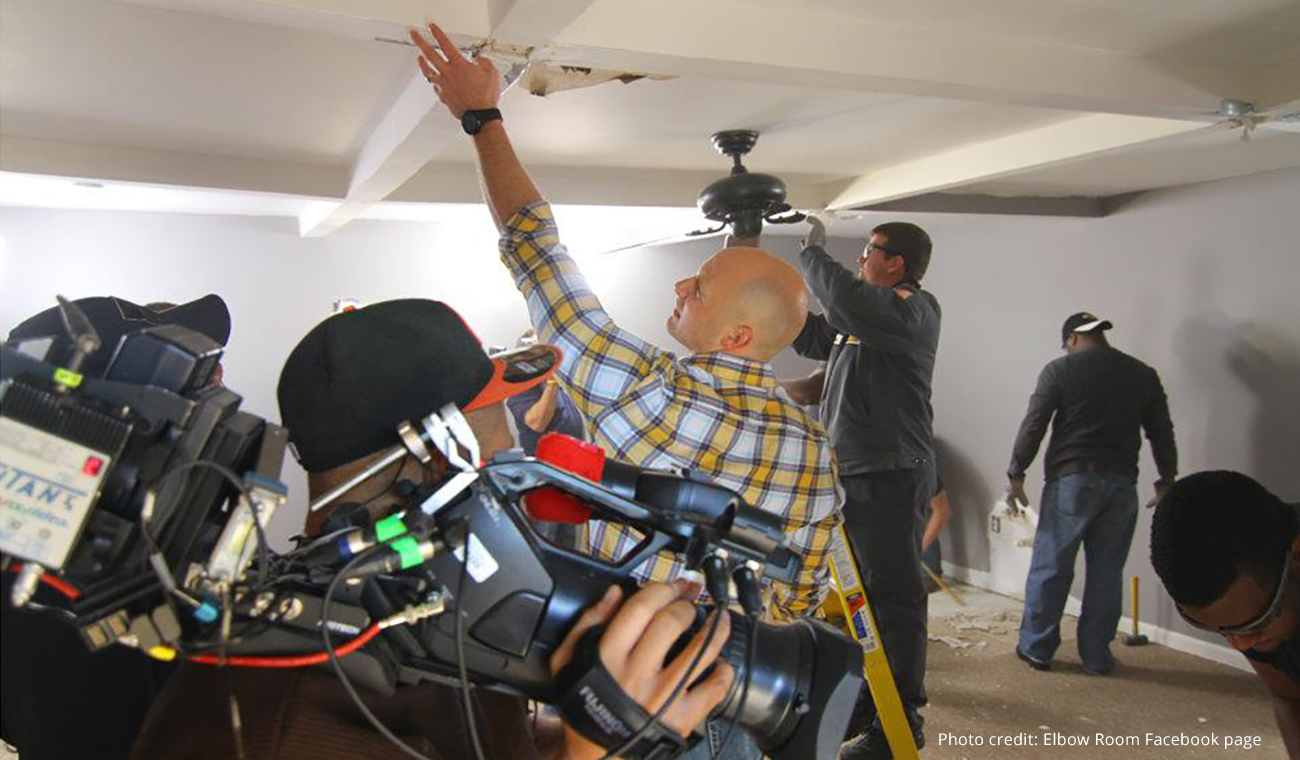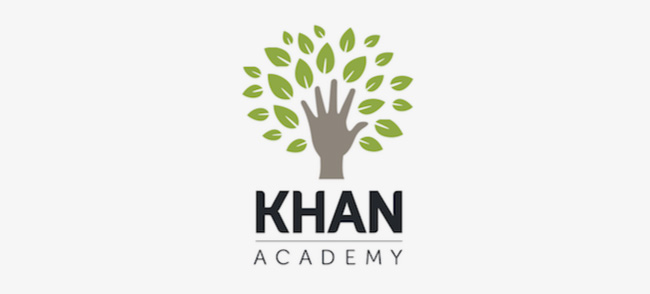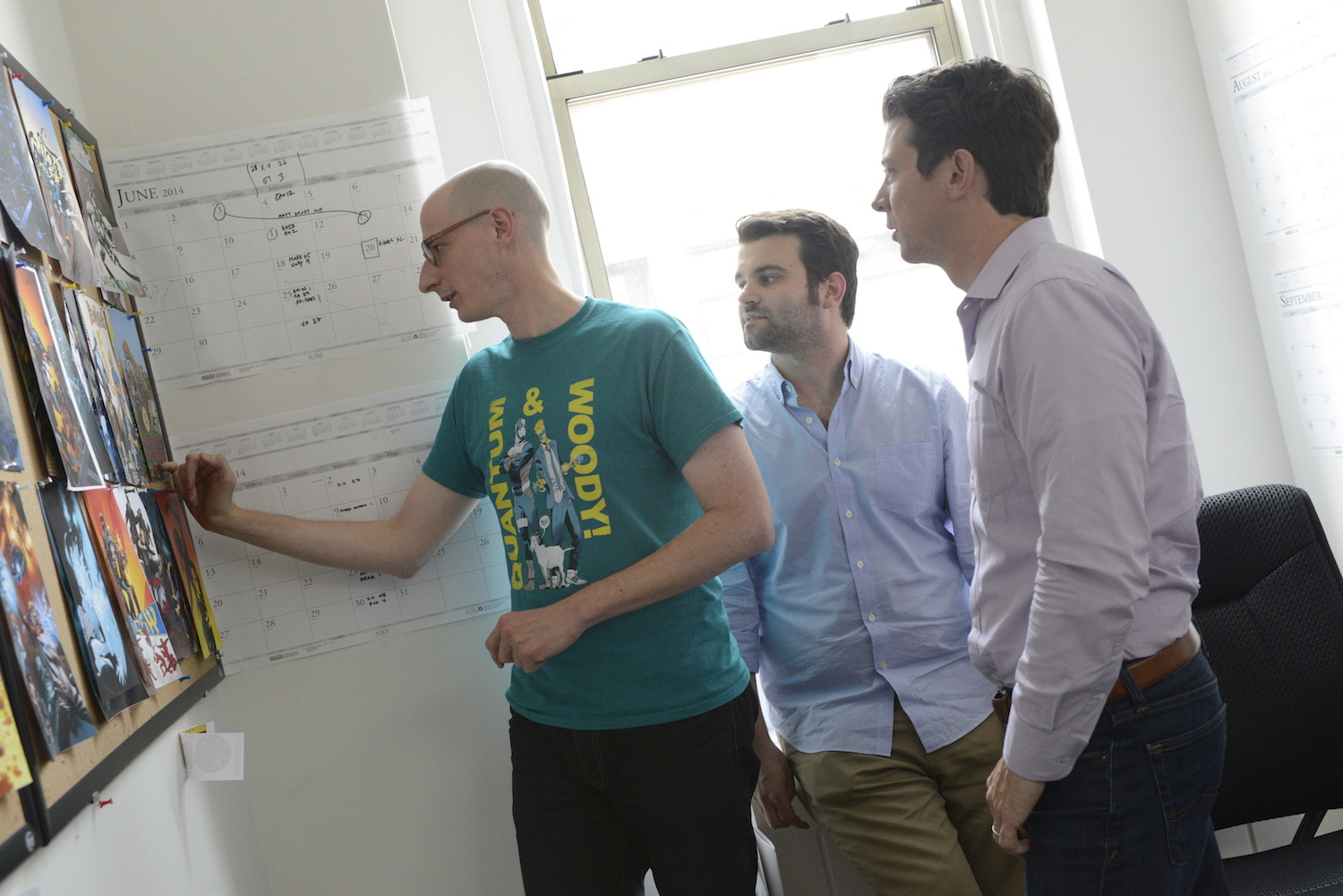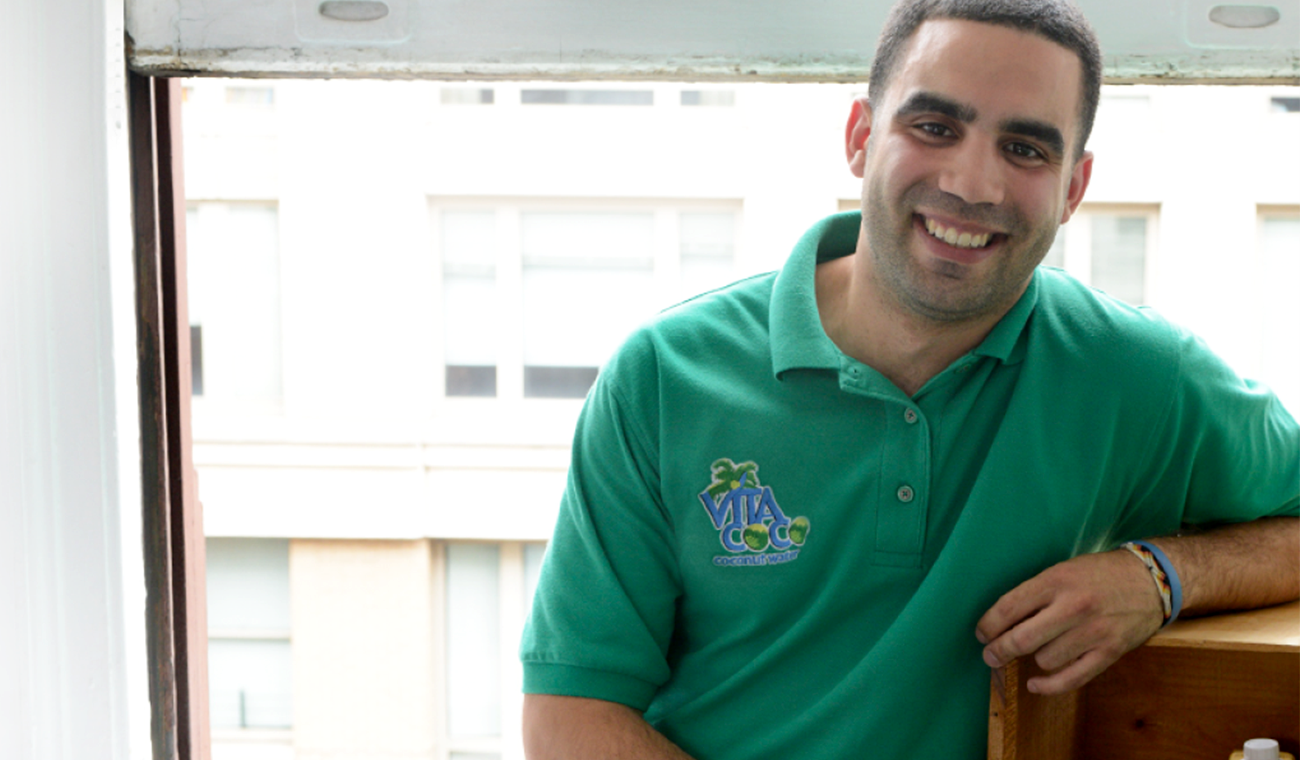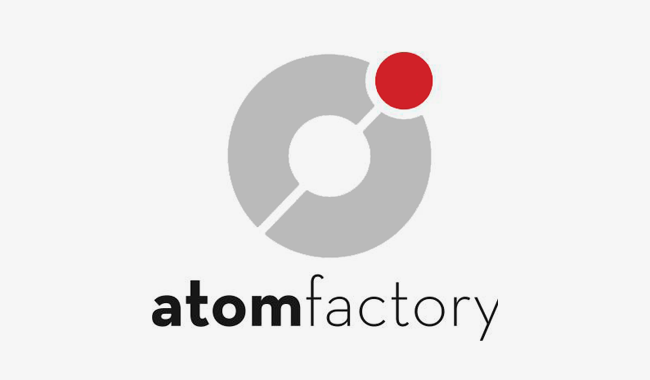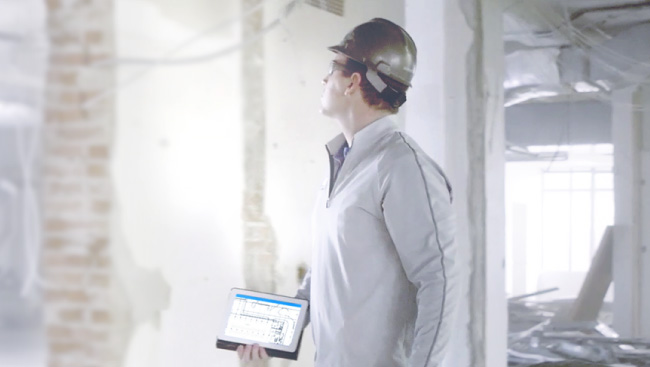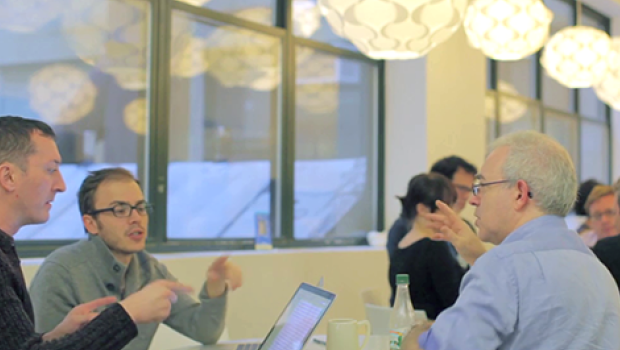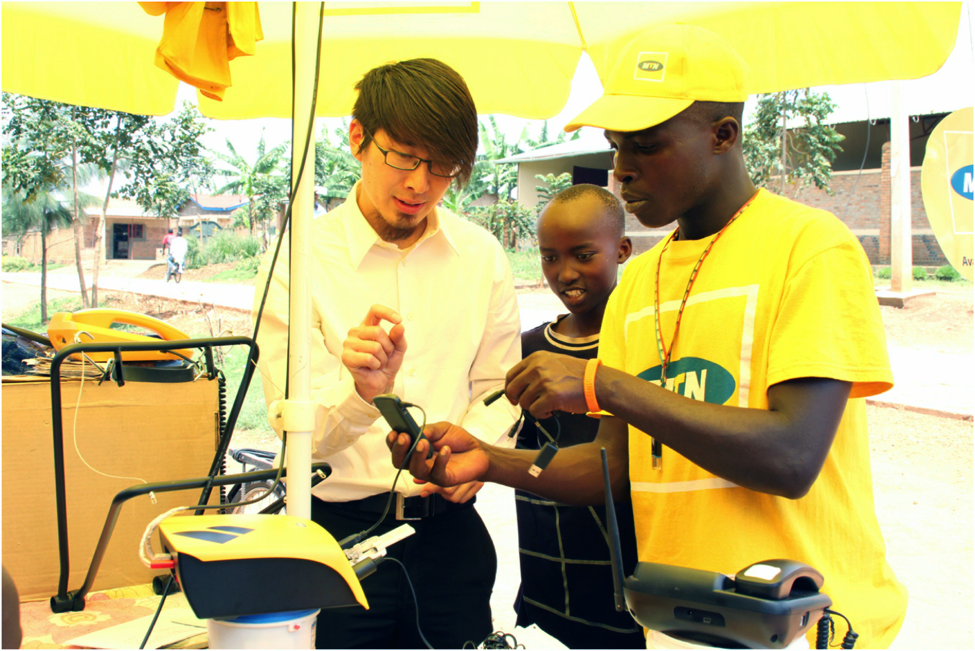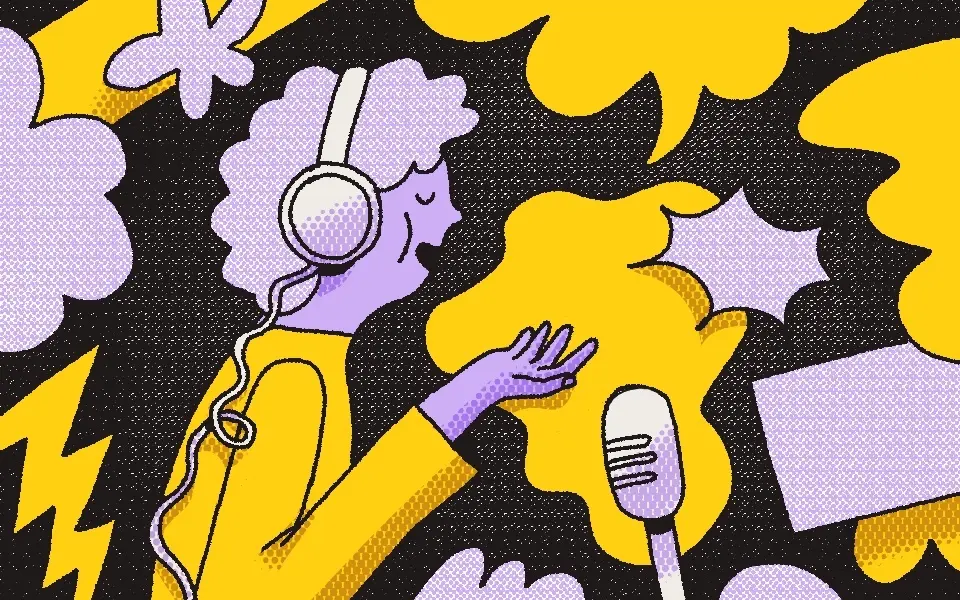
How a voiceover artist is helping people sound confident on video calls
Published on August 25, 2023
Remember the first time you heard a recording of your voice? Up until that moment, you probably thought you sounded 100% cooler than that. Maybe that memory haunts you every time you get in front of a microphone. So what if you need to learn how to get over that self consciousness—who ya gonna call?
Meet Claire Fry, veteran voice actor and vocal confidence coach. She’s built a business to help people find their authentic voice and appreciate how it sounds.
“Put people in front of a microphone that aren’t used to it, and they get very self-aware,” says Fry. “They think they're supposed to sound more like they're presenting, when actually, the trick is to get them to sound more like they're having a conversation at a party.”
Sometimes, the pressure of knowing it’s “for the record” can make you change the way you speak. That’s when people resort to imitating Ira Glass or a BBC reporter. Anyone but themselves.
”They're like, ‘My voice isn't enough. I need to do something else with it to sound like a podcast host.’ And that's not the game,” says Fry. “There are so many podcasts out there, you gotta show up as you and let people know who you are, because they'll connect so much faster with you if you just sound like yourself.”
As a longtime theater actor turned voice actor, Fry began her business in 2008 as a solopreneur doing voiceovers for giant clients including Google, Oracle, and Cisco. But during the height of the pandemic, when the switch to Zoom meant everyone was doing their own voiceovers, she thought of a pivot. She could apply her skills to launch a new business—one that helps individuals and teams learn the art of videoconferencing by finding and using their authentic voice.
As the business expanded through word of mouth, she began attracting more potential clients she hadn’t met yet. Some actually disappeared before the project was finished. Fry needed a way to establish clear stakes and boundaries with new clients. So she started using Dropbox Sign to help formalize project kickoffs and set expectations.
Here’s how Fry has been turning her vocal expertise into a thriving business by using technology to help her focus on the creative work she loves.
“They'll connect so much faster with you if you just sound like yourself.”
Was there an animated movie or radio commercial that inspired you to go into voice acting?
When Nike started to run the commercials where athletes were speaking for themselves [I started] realizing how powerful it was when someone speaks authentically. I thought, “I wanna do that. I wanna make people feel inspired that way.”
How does your creative process begin?
For the most part, [it starts when] clients send me the script. I use Dropbox constantly for delivering the actual files. So dropping files in, dropping scripts in. Clients often need to share things with me that are under an NDA or are password protected, and Dropbox has really good functionality for that.
What steps do you go through between the kickoff and delivery of the final files?
I’ll talk through two different workflows, one for voice over and one for coaching, because they differ a little bit. Generally speaking, in voiceover, when someone reaches out to me, they'll say, “Here's the project. Here's the script. Here's how much we're paying. Are you interested?” Then we get to negotiating things like usage and that determines the rate. How many months is it running? [In] what markets is it running? Is it Internet only? Is it TV? Is it radio?
After you’ve agreed on the rate, what happens?
I’ll send them a contract to sign through Dropbox Sign. I started using Dropbox Sign [because] there was one week last year where my business had gotten large enough that I was working with people who were referrals of referrals. I had a client who disappeared after three sessions, and never paid me. Three sessions out of an eight-session package. I realized I actually should have never started working with them. I had a voiceover client who took the file I delivered and then disappeared. I never heard from them again and did not get paid. But that's how you learn, right?
That's when I realized I need a system in place for people actually signing contracts. This back and forth, verbal, email, “let's get started” thing is not working. So that's when I looked around at different things I could use. I settled on Dropbox Sign. I came up with a bunch of templates that seem to cover pretty much every situation. I started refusing to work with anyone who had not signed a contract with me. Lo and behold, it hasn't happened since.
How many signing software options did you check out before choosing Dropbox Sign?
I think I pulled up five or six. I liked the pricing [of Dropbox Sign]. It seemed really intuitive to use—and I already knew the brand. Dropbox is something I've used for voiceover forever because it was such a convenient way to send files and various versions back and forth.
I probably did a trial period [for Sign] and I thought, “Oh, my God! This works! This is so easy. Great! Let's do this.” It's a way of establishing expectations at the start of a project. It seems to smooth the whole process out much better than when it was just an email agreement.
Your voice coaching business began with a serendipitous matching of circumstances to your specific skills. Did you do any marketing outreach to build your client base?
No, I've never spent a dime on marketing. I've been fortunate that way. I'm not on Instagram. I'm not on Twitter. I post on LinkedIn, and it’s just my name getting passed around from person to person. People say, “If you're not feeling comfortable with your voice, or feel like your voice isn’t representing who you are at work, or there's a misalignment between how you're getting heard and what you're saying, check out Claire. She knows how to do that.”
“I liked the pricing [of Dropbox Sign]. It seemed really intuitive to use—and I already knew the brand. I thought, “This works! This is so easy. Let's do this.”
As business owner with a flexible schedule, how do you like to structure your workweek?
I have a catch-up day. I don't have any meetings on Wednesdays. Everything that keeps getting shunted off gets done on Wednesdays. Some of it's dependent on my voice. Auditions have to happen in the morning because my voice is fresh. It's less important for my voice to be at its peak when I'm working with clients. So auditions always come first, and that's the first block of work in the day. Sometimes I'll do auditions at 8 o'clock at night because you'd be amazed how many voiceover emergencies there are where they say, “We have to have this.” I’ll think, ‘Okay, fine, but it's never as good as it would have been in the morning.’ So voiceover always comes first. Clients mostly come in the afternoons. Wednesdays are for paperwork catch up. Other than that, I just have little blocks throughout the day.
Since becoming a voice instructor, how does the joy of teaching others compare to the joy of doing the the voice acting yourself? Do you get a different kind of satisfaction from teaching?
I think success in both areas is contingent on always knowing who your audience is, and always having them first and foremost in your mind. In coaching, it's not about you or making someone do what you want them to do. It's not about telling them how to do it. It's how are they best going to learn and grow through this process.
It’s the same thing in voiceover. There are so many people out there right now trying to be voiceover actors, so many people with wonderful voices who are like, “Can I monetize this?” The barrier to entry has never been lower. You can get a pretty good mic, set it up, and be off to the races. But the ones that book are the ones who are really clear about who they're talking to and sending that energy out. They're not performing. They're not “doing a voice.” They're really reaching the person on the other side. So I think that's the through line.
It sounds like the common thread is thinking empathetically about what each audience needs. Does voice acting feel like a low-ego form of performing compared to stage acting?
You're picking up on something voice actors talk about all the time. It's the nicest group of actors you'll ever meet and the lowest ego. Because no one sees us. No one knows what we look like. I mean, there's a few famous voice actors, sure, but for the most part, nobody's looking at you. No one knows anything about you. That anonymity is also the great freedom of voice acting.
Does your vocal style change depending on the project or do clients come to you because you deliver a specific style?
This is what keeps voice actors awake all night. This balance of bringing “This is my trademark” [versus] how much you want to be a chameleon. There are definitely actors that are known for both. Because the market is so saturated now, you really have to understand your voice print. This thing I work on with corporate clients as well. Your voice has a voice print like you've got a fingerprint, right? My voice has a lot of smile in it. Even when I'm not smiling. I'm more likely to be cast as the mom in the Pampers commercial than I am the army commander in the awesome triple A tactical war game. That's just knowing what my niche is.
“I just want people showing up authentically with their voice, knowing that doing that will make them more effective at their job.”
But within that, delivery changes. Whenever I play a little one-minute demo of my spots, people always ask, “Are those all you?” Of course that's all me, but the modulating that you do—TV is really different from radio. One of the first things you have to [ask] when you look at a script is: [is this] a TV script or radio script? Because in TV, your voice is supporting the visuals. And [in] radio, your voice is the whole package. It's the main attraction. Those are two really different styles in terms of how big you go with the performance.
So, except when I get to do character stuff and video game stuff, most of the time, I'm sounding like Claire, but it's modulated because the audience is different, the client is different, and the medium is different.
Are there any particular voice actors you admire?
Lake Bell. Just a really incredible voice. She just sounds so much like herself when she speaks. She did a bunch of iPhone commercials that I still go back and listen to because she's just so good. To me, she’s [the] quintessential voice actor. But anyone with a really unusual voice—can we talk about Natasha Lyonne? It's so cool, textural, and raspy. And you know [her] instantly, like, Oh, that's Natasha—the vocal personification of a stubbed out cigarette on the street in Union Square. I'm obsessed with voices like that. I love listening to people talk that are really characteristic, really unique.
How do you see your business evolving over the next five years? Do you have plans to grow to a place where you’re managing other voice actors?
I like being a solopreneur. People have approached me about potential franchising plays—“You, too, can teach the vocal confidence method.” Because it's a methodology. Ultimately, I'm happier one-on-one. But some of the things I’m working on right now are more public-speaking opportunities and moving away from being people's secret weapon. Because this is what I'm passionate about. I really think people need to hear this message of “Your voice is perfect just the way that it is.” I see so many people diminishing themselves [and] I just want people showing up authentically with their voice, knowing that doing that will make them more effective at their job.
This interview has been edited and condensed.


